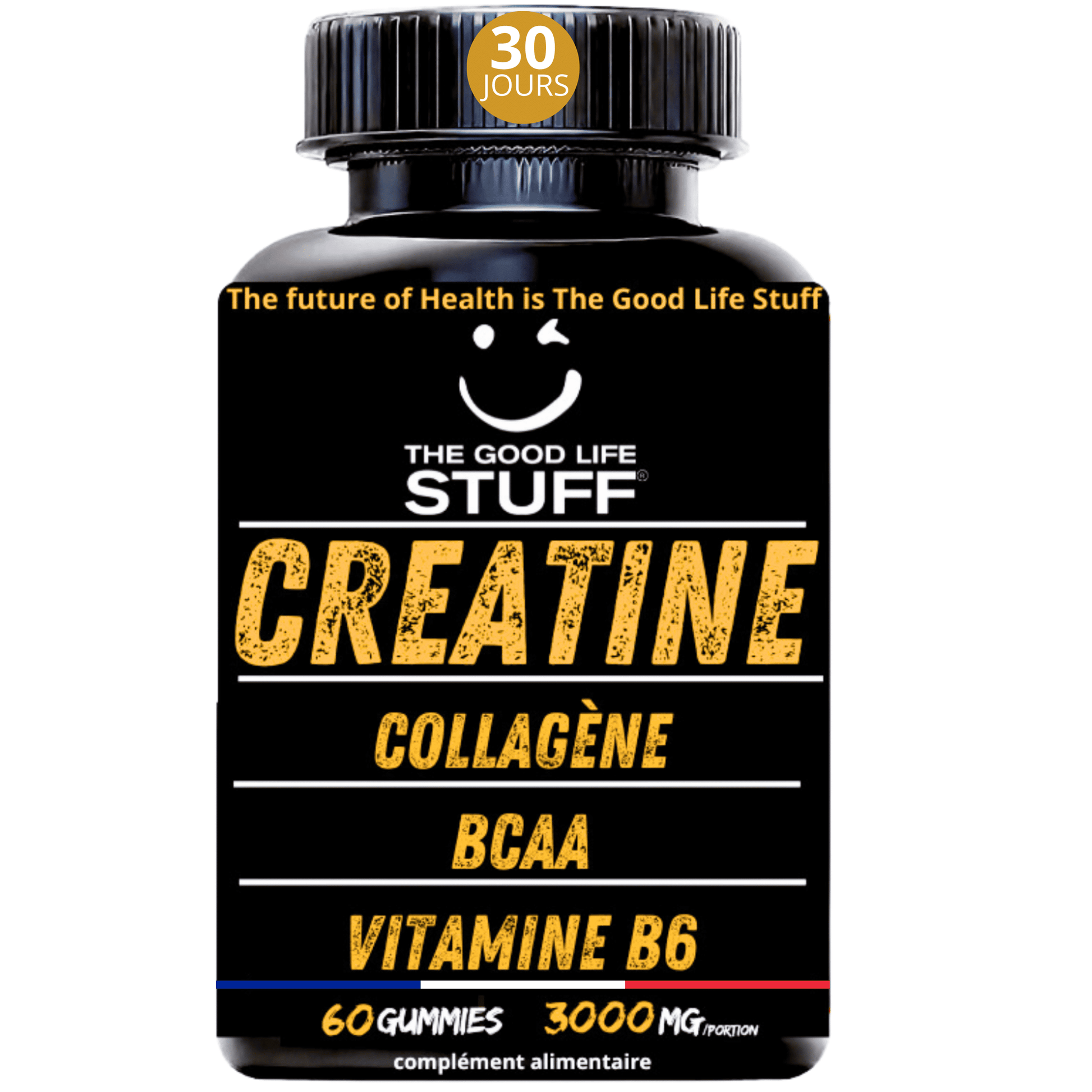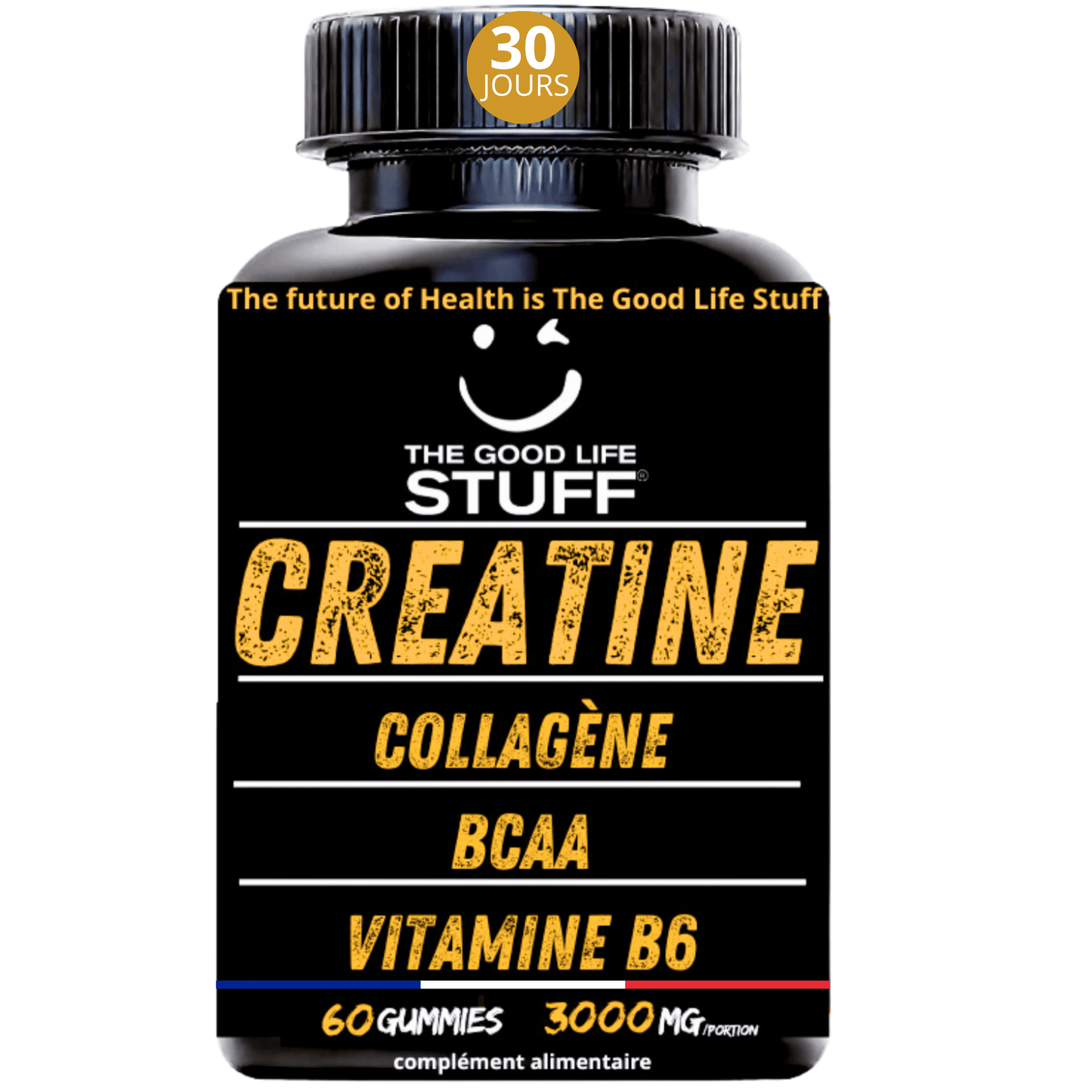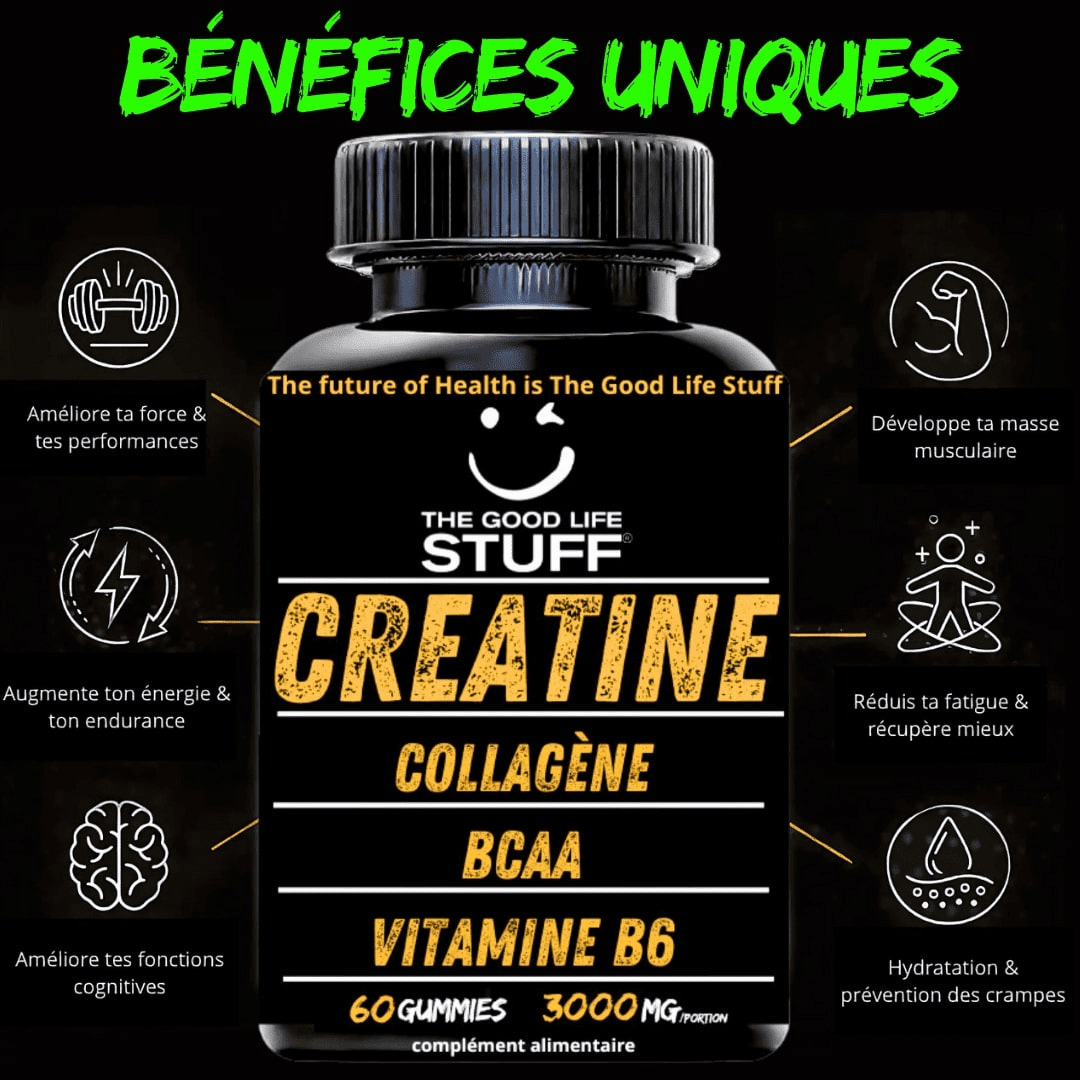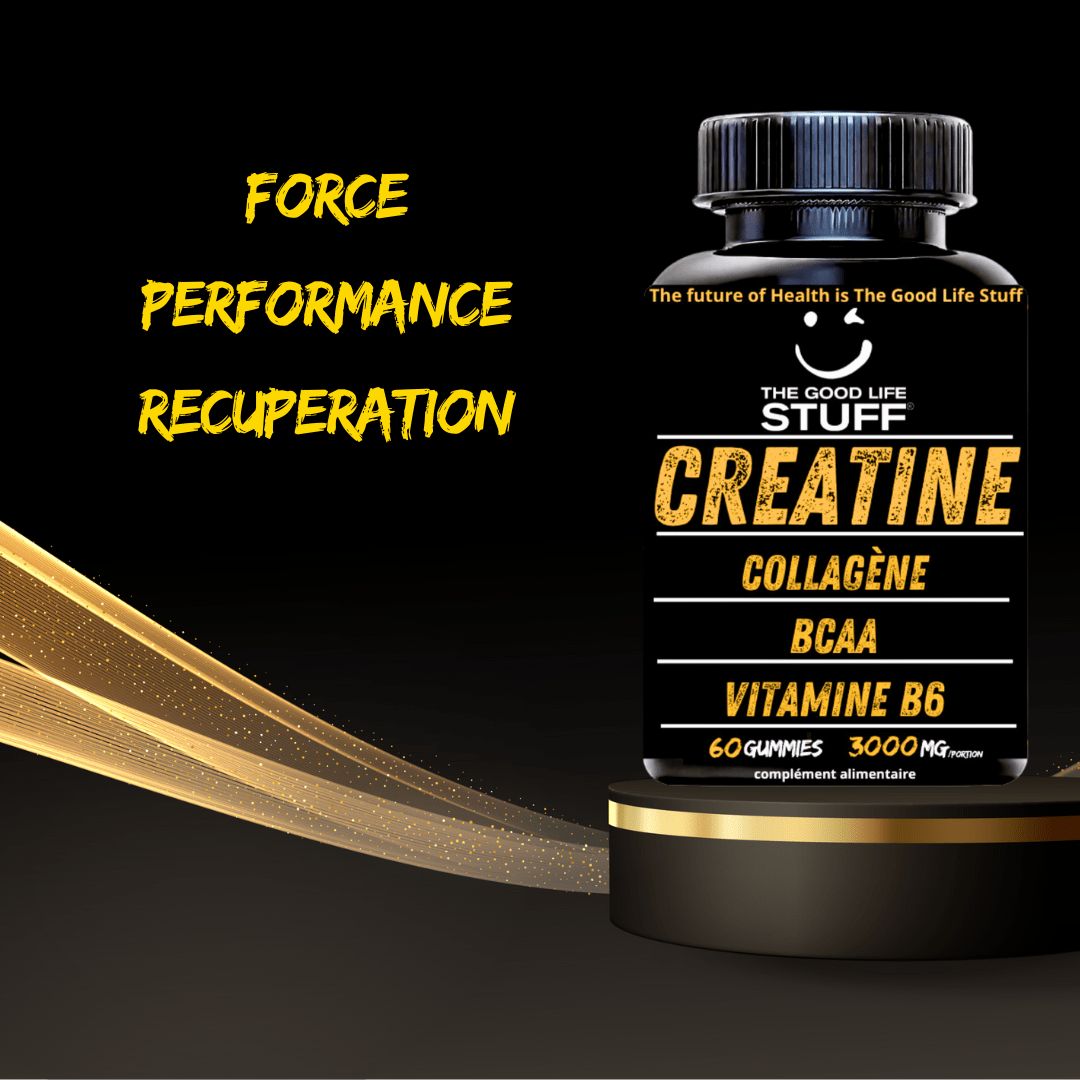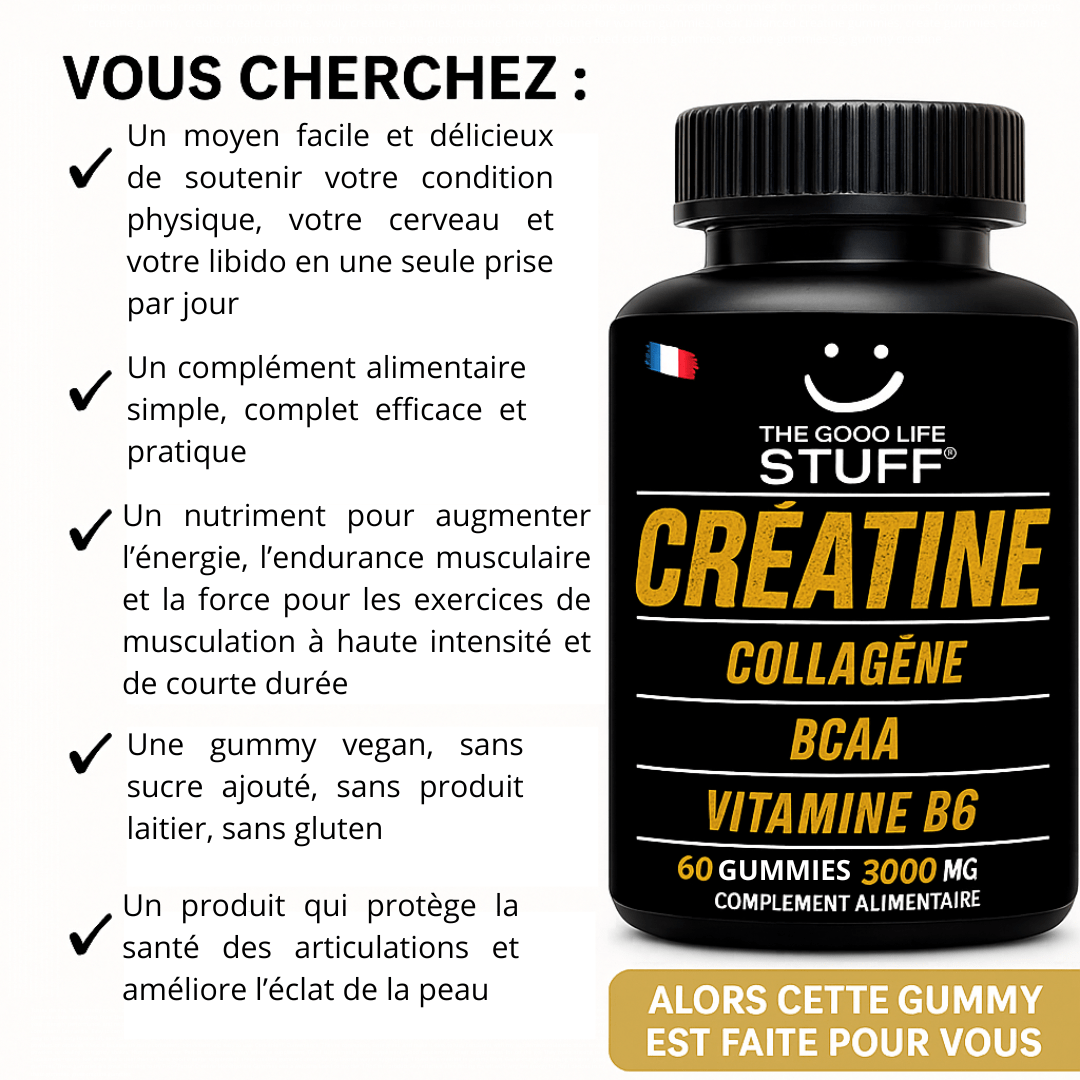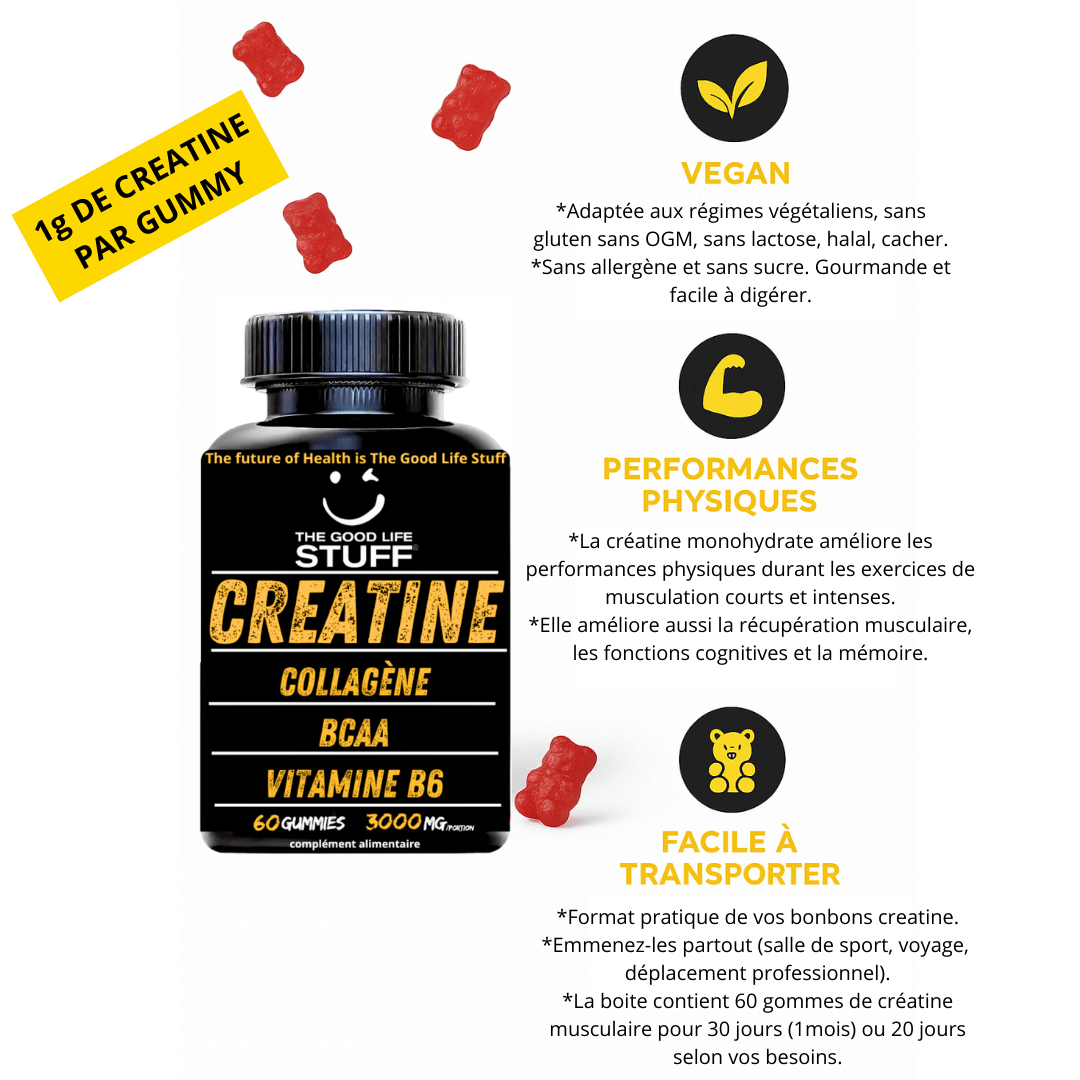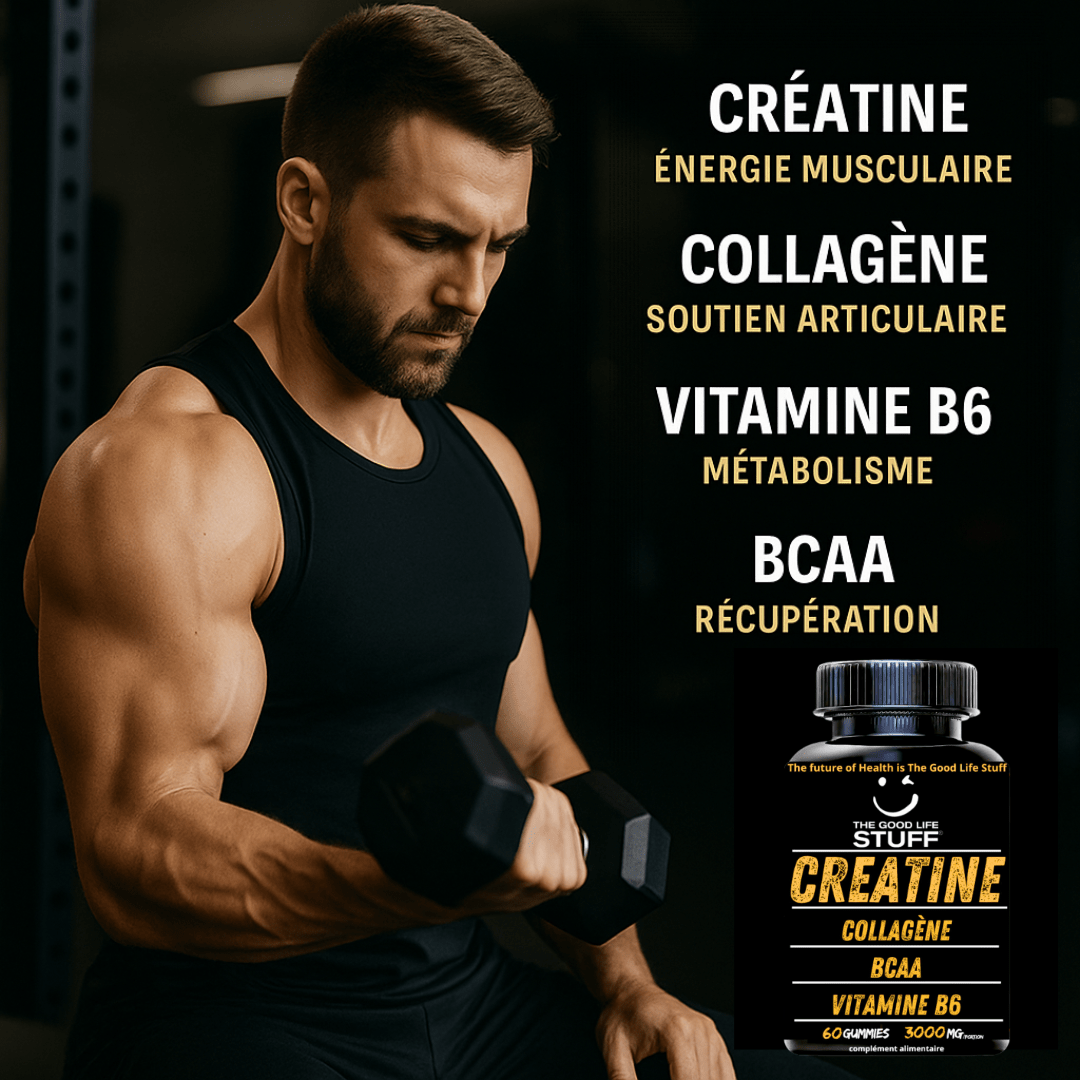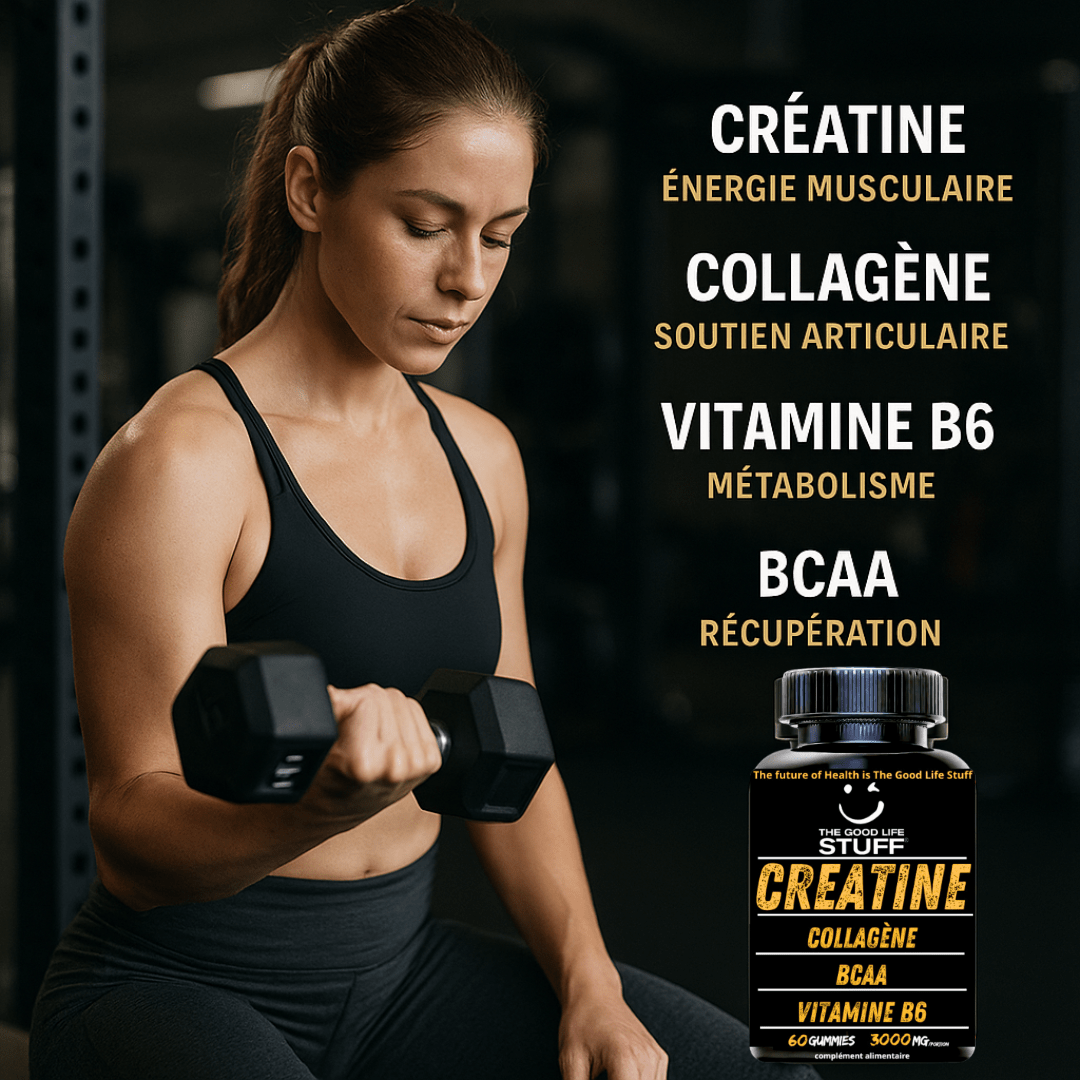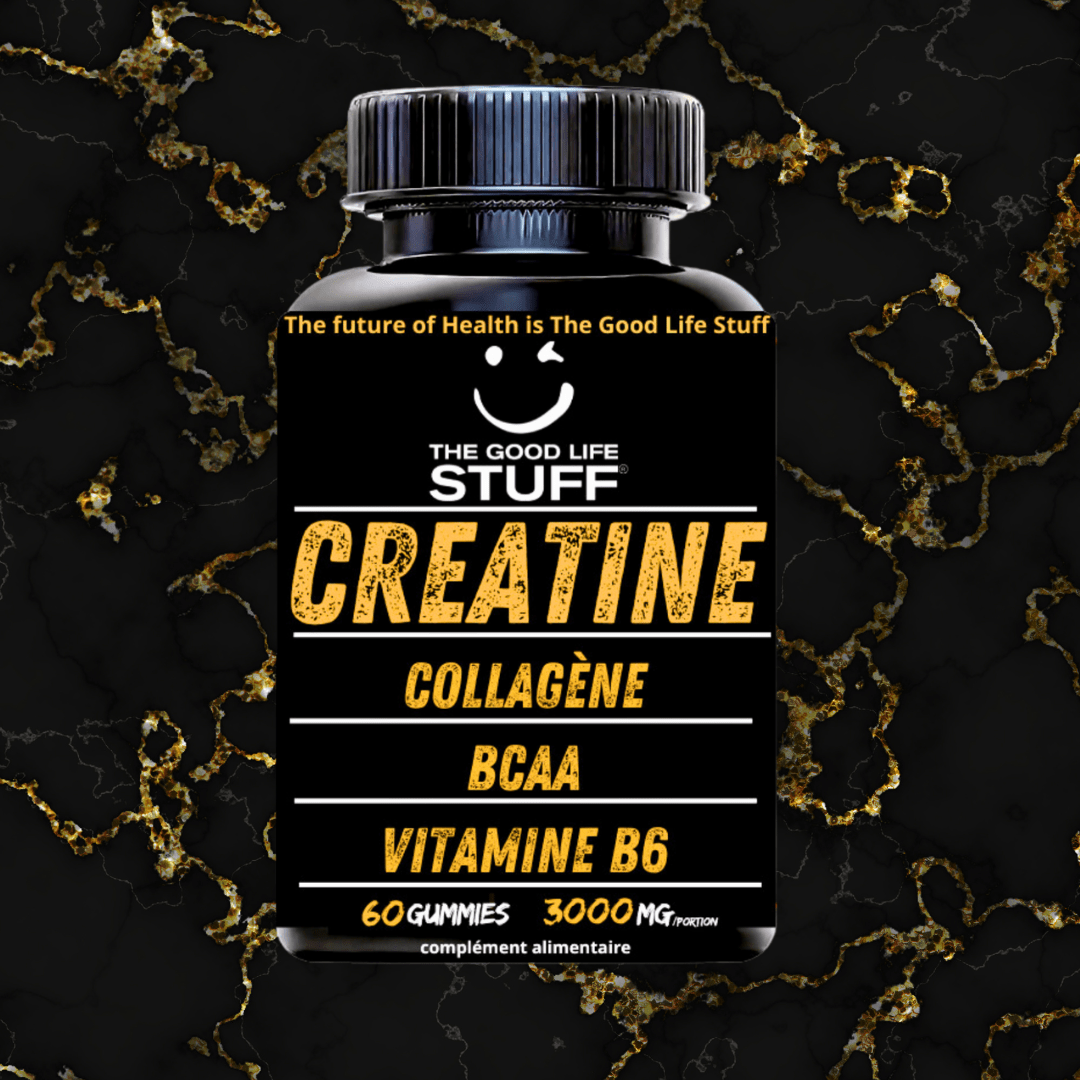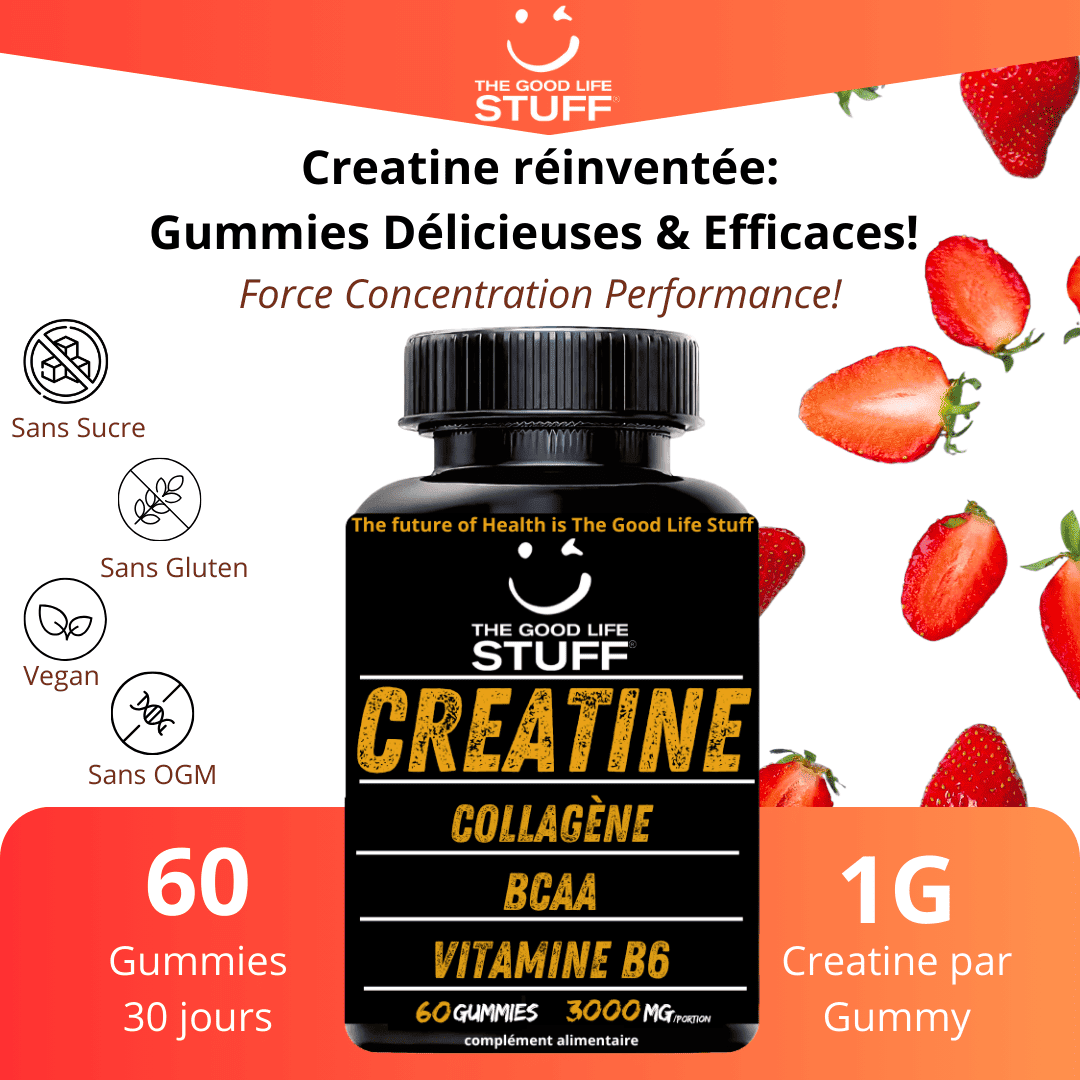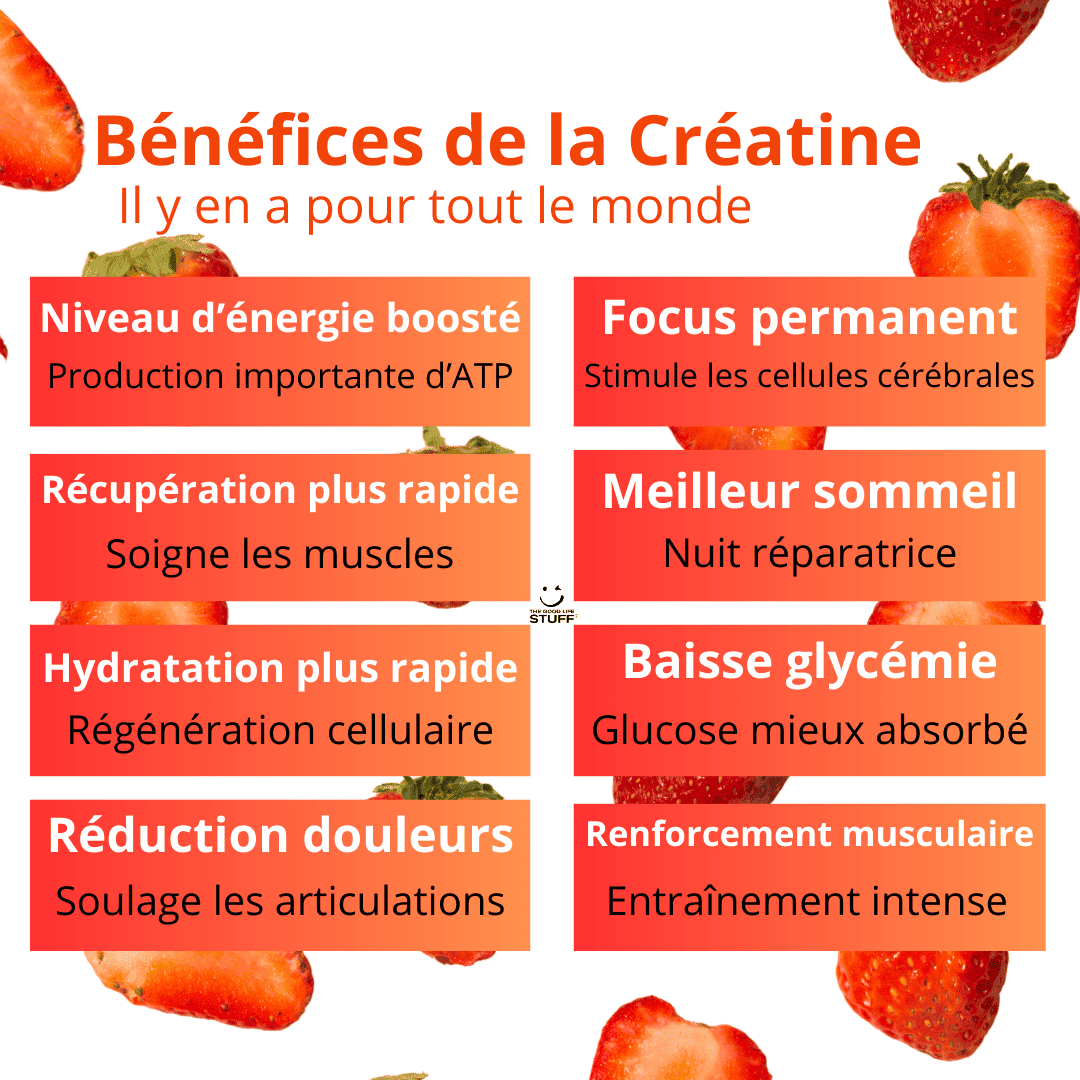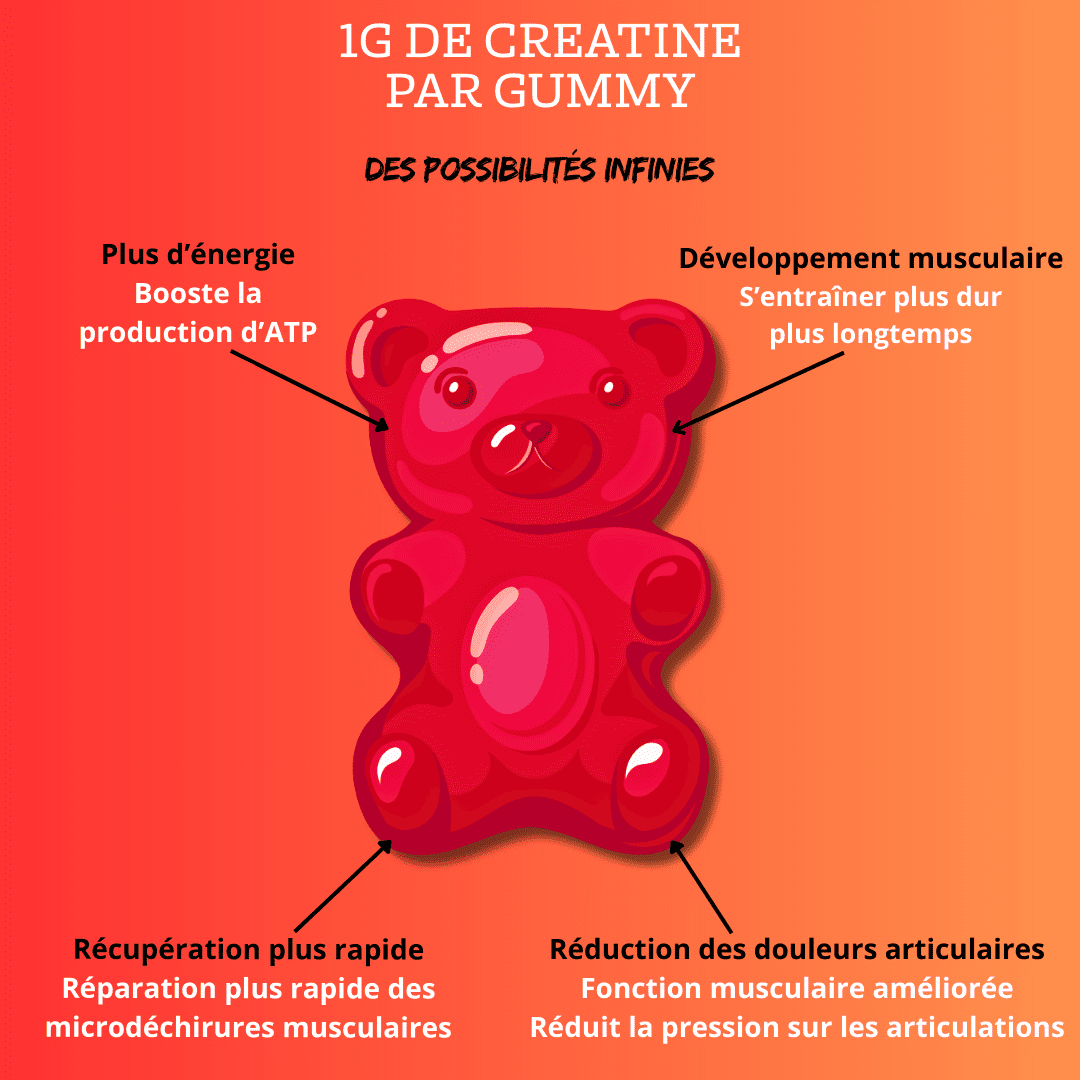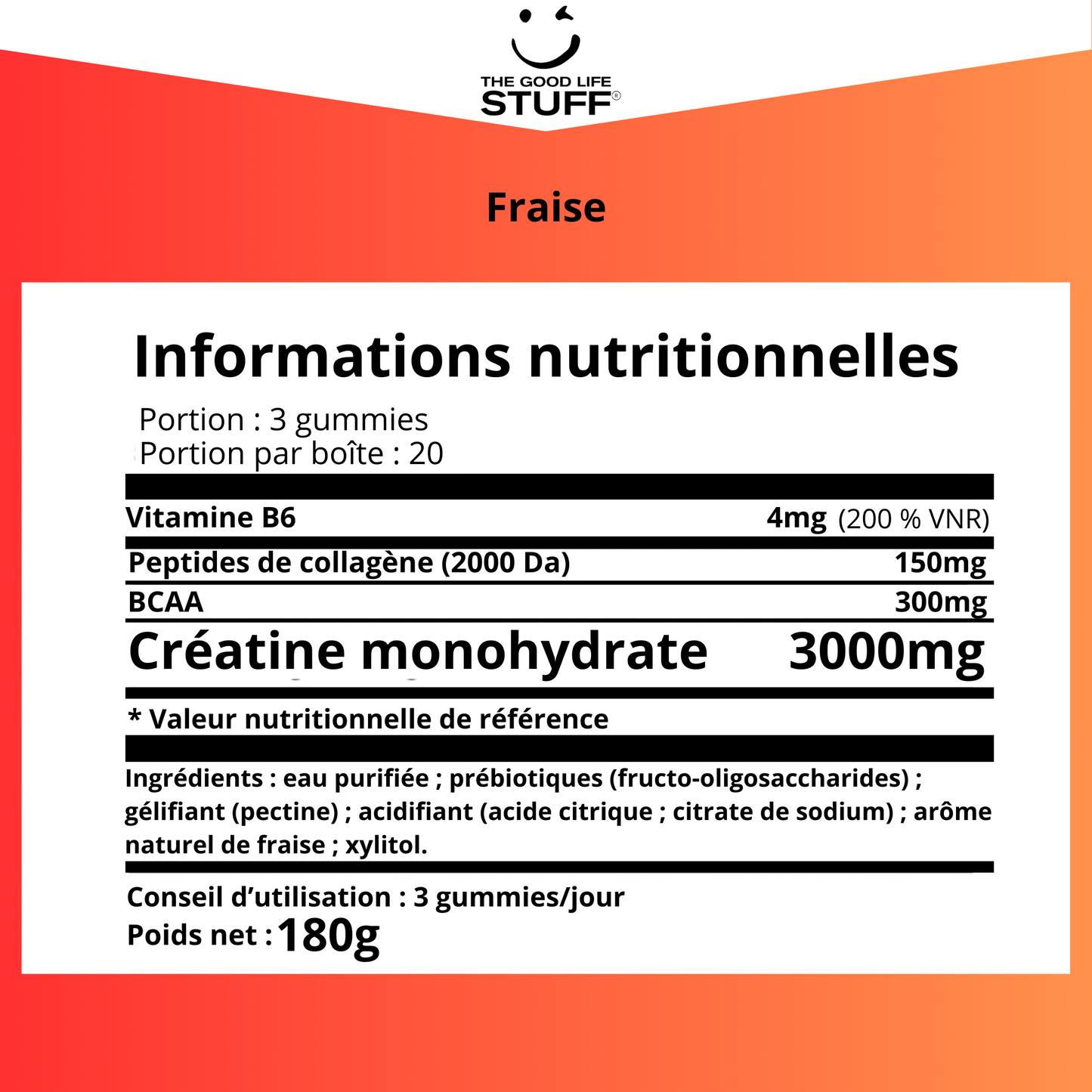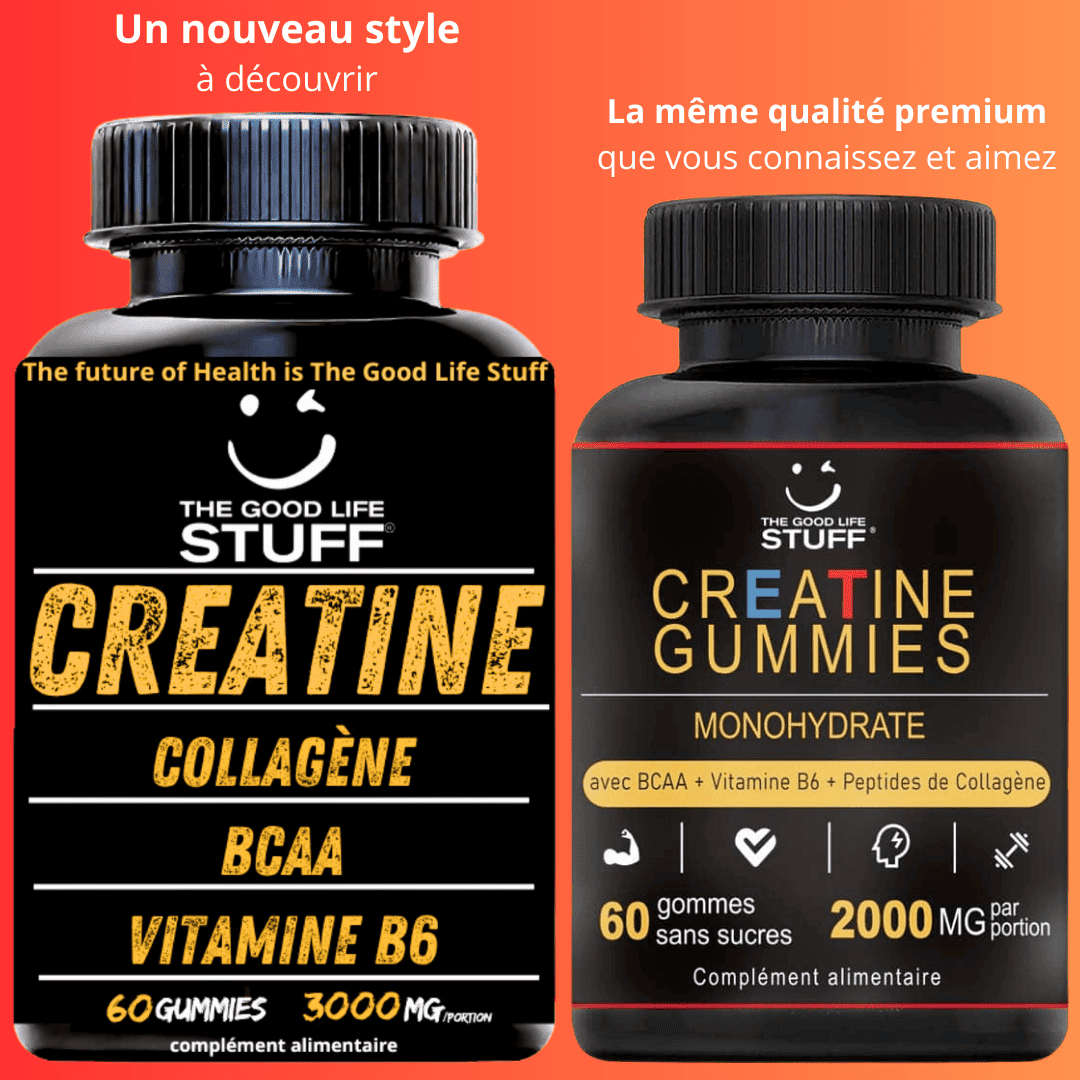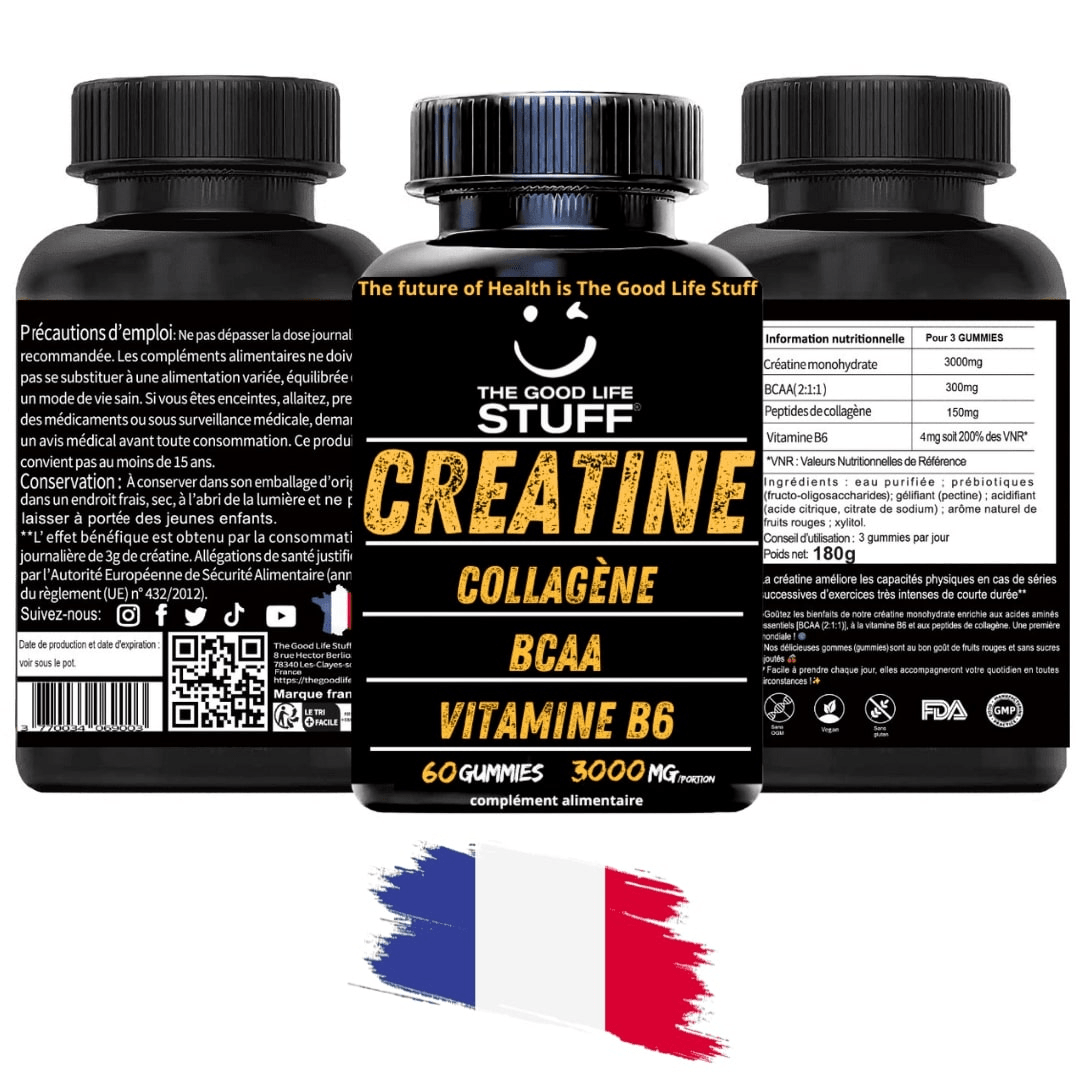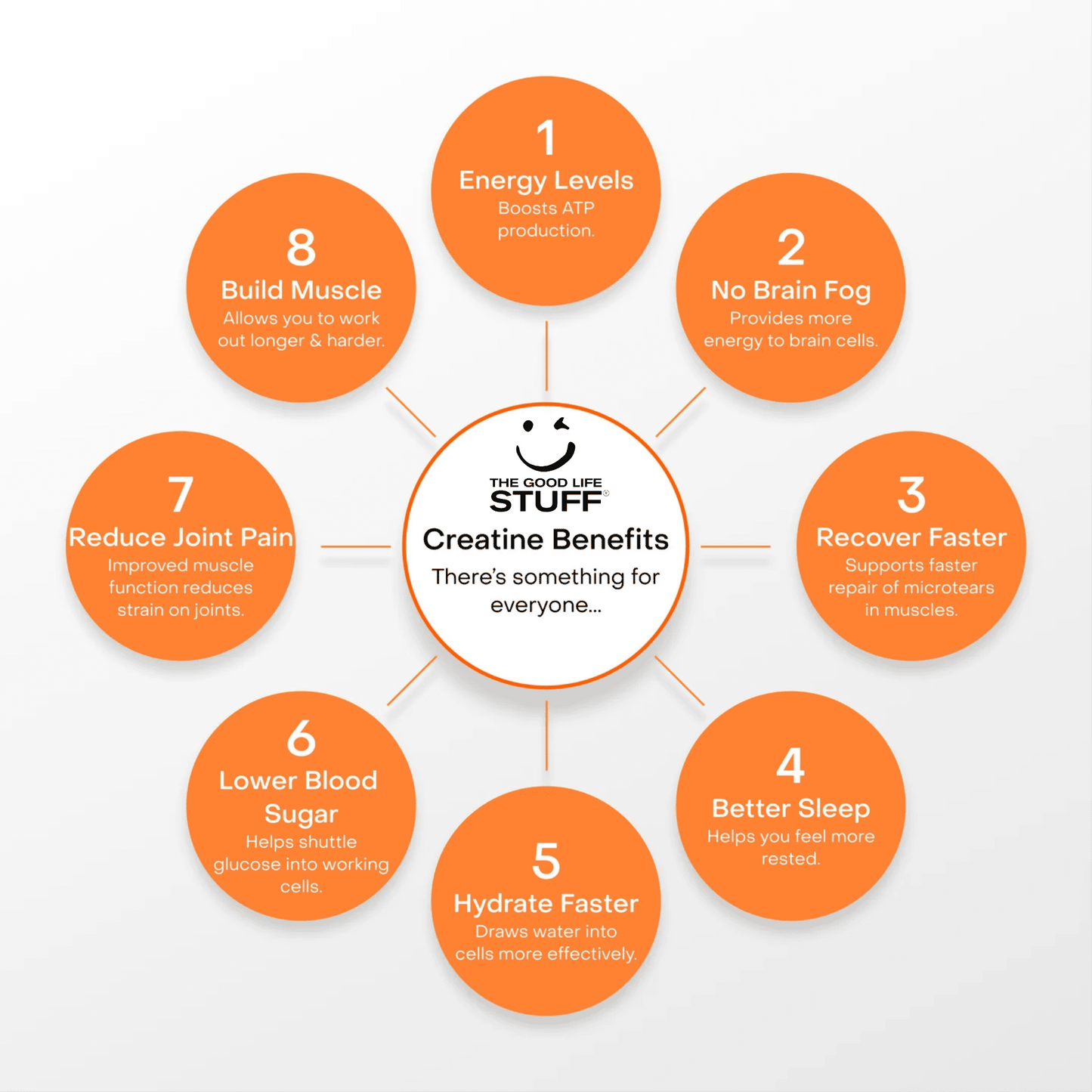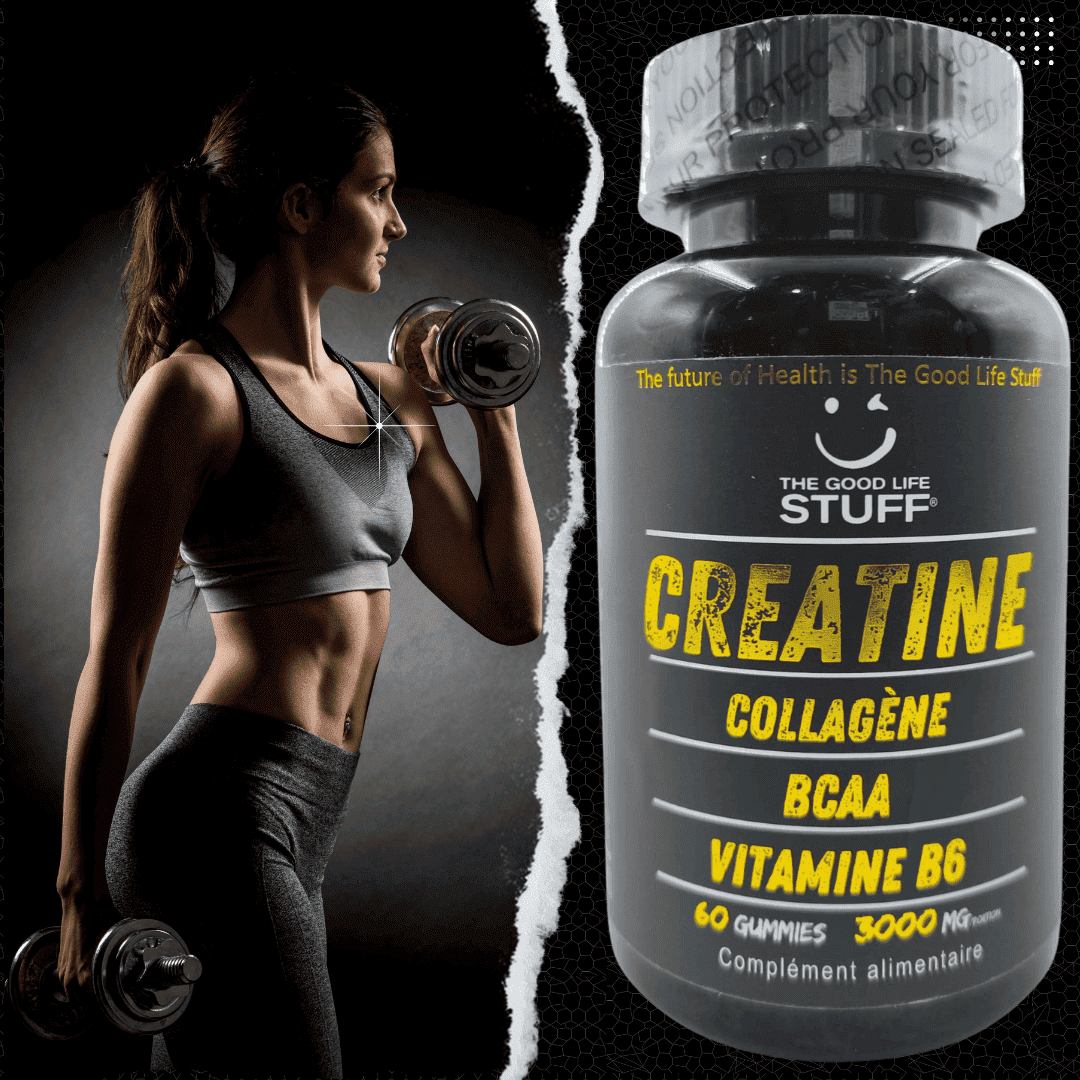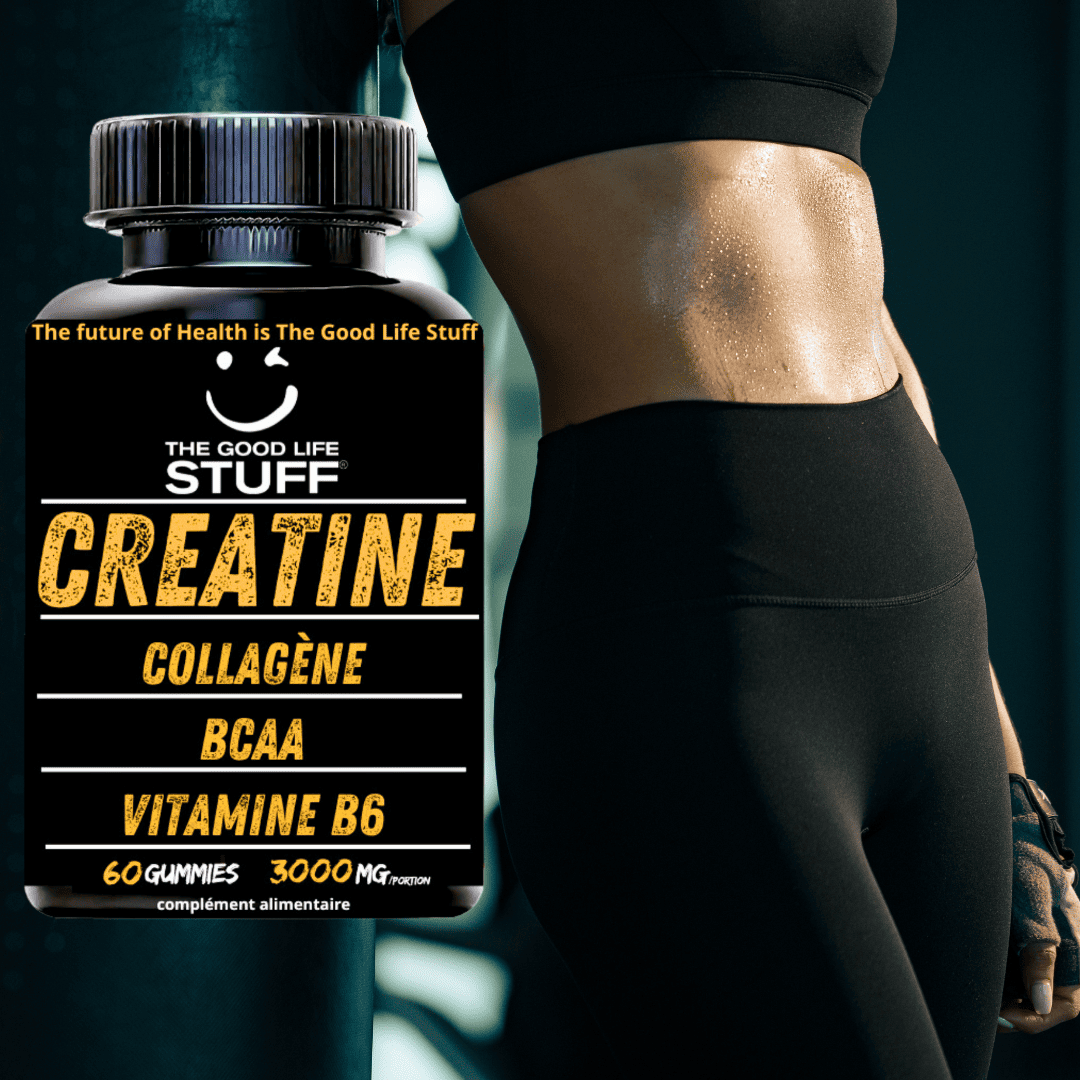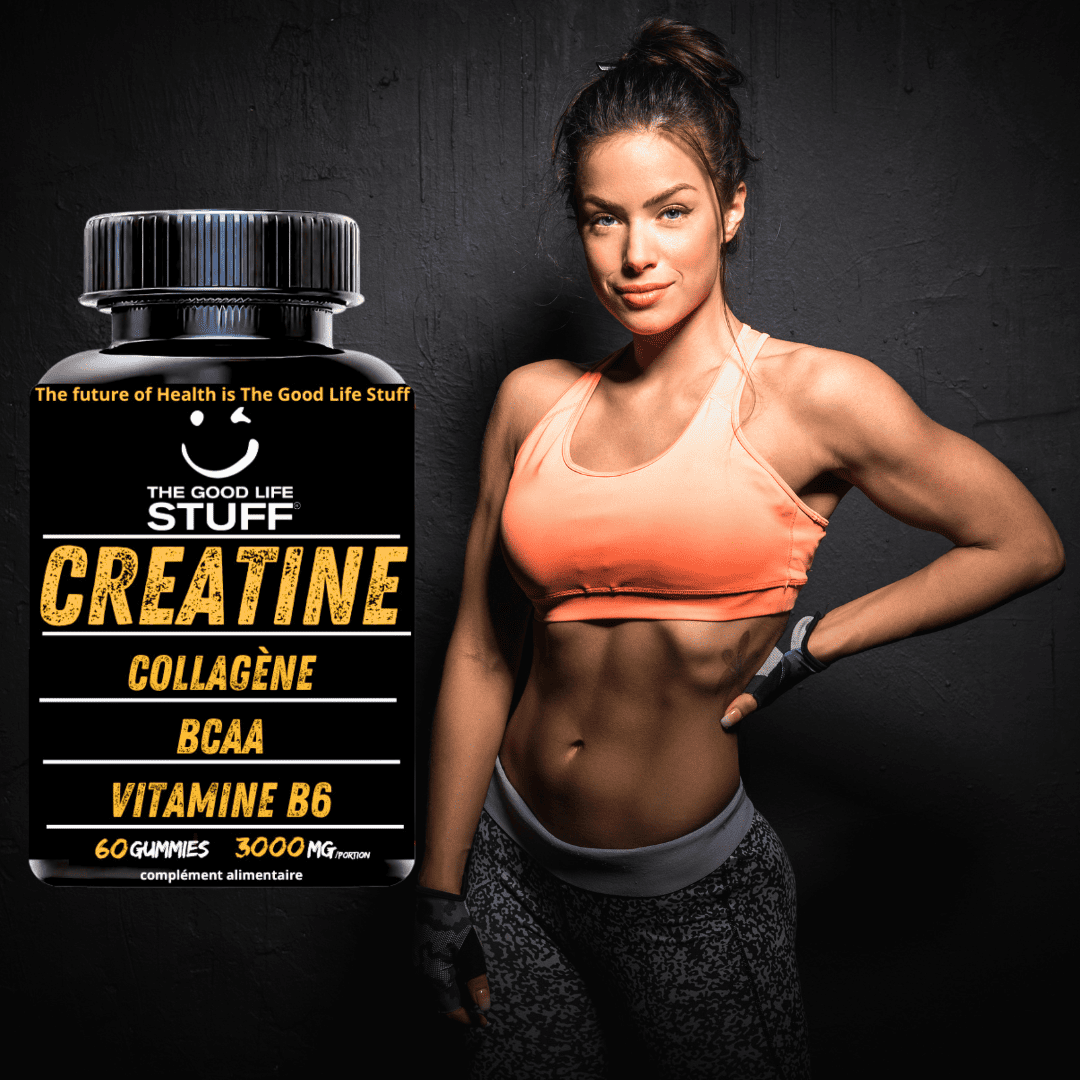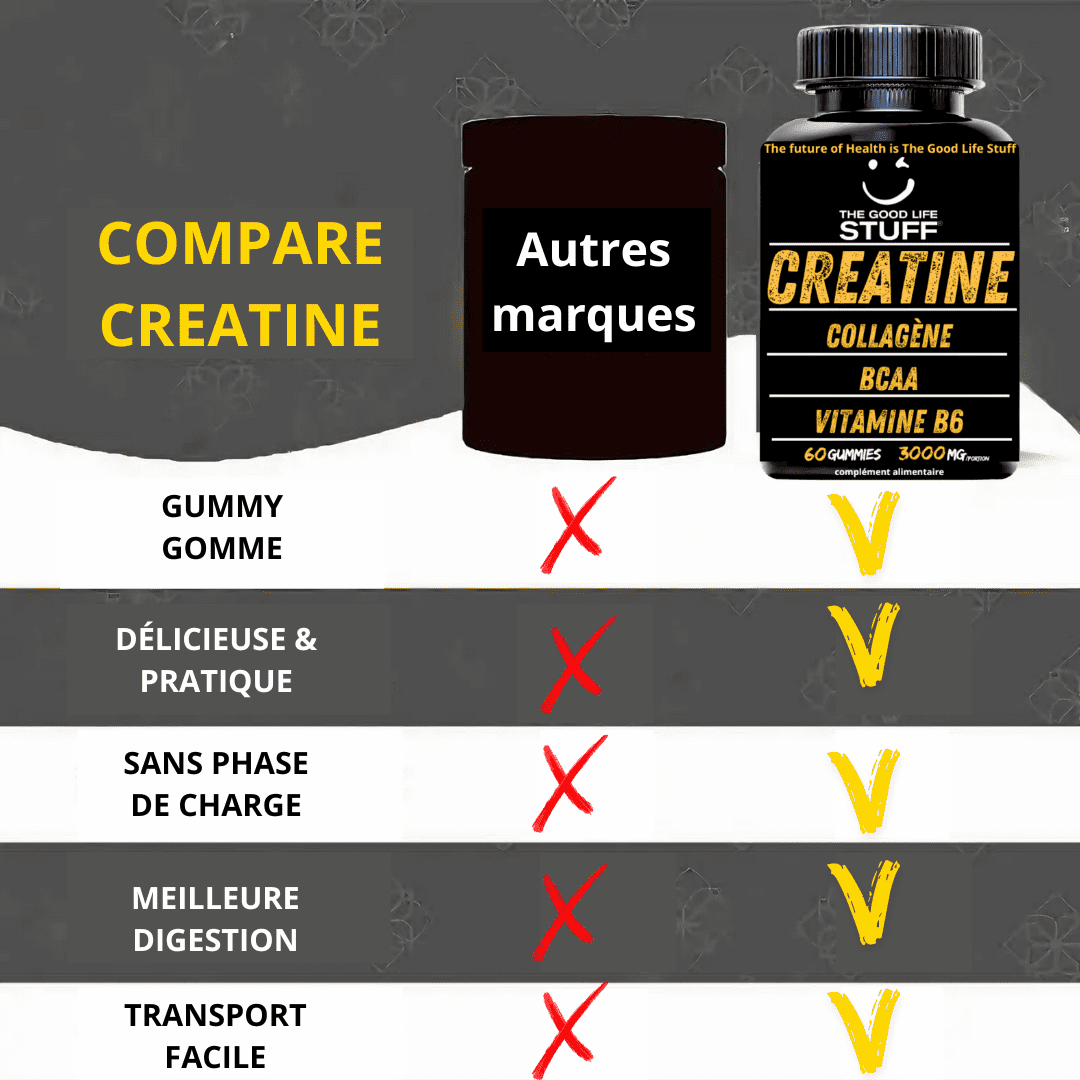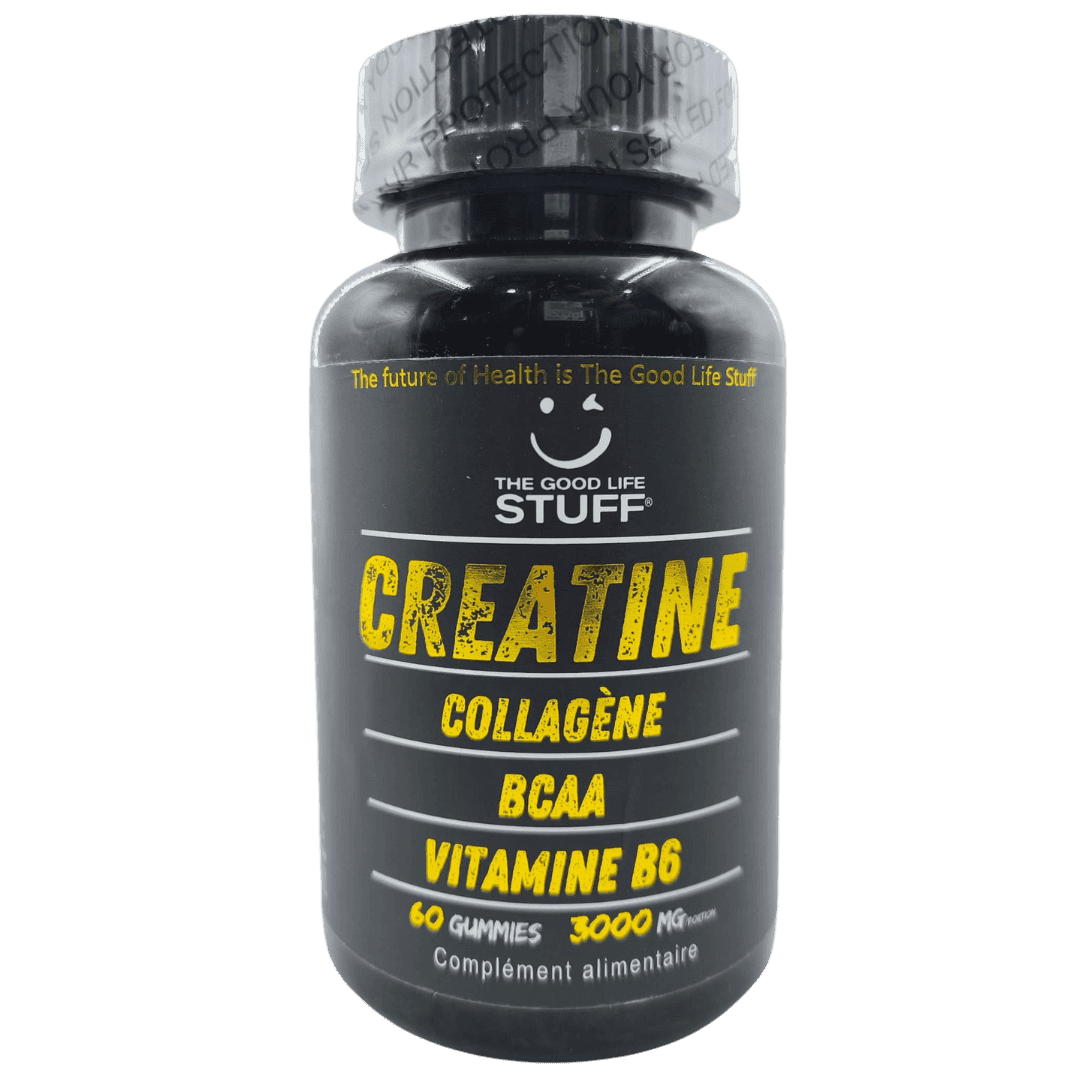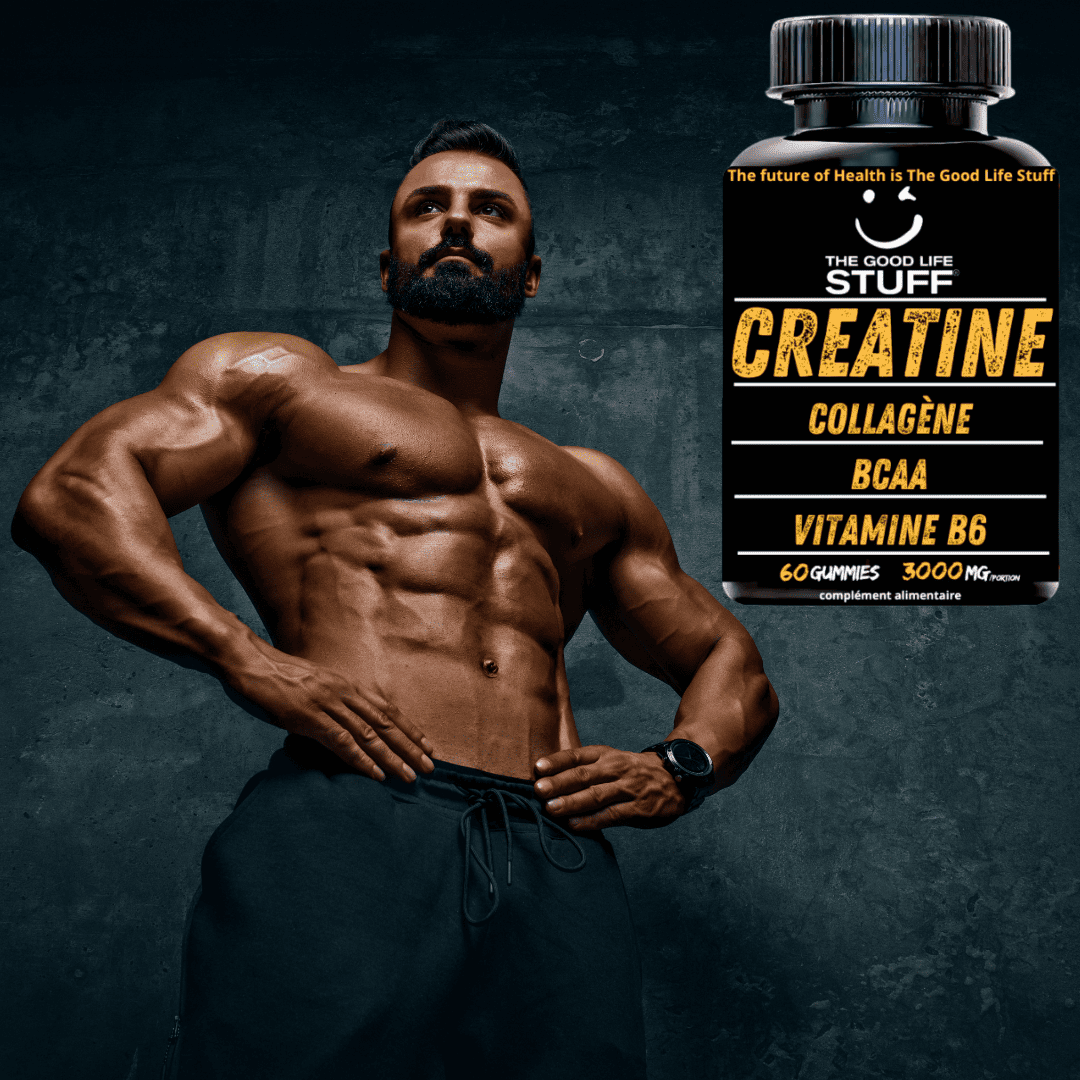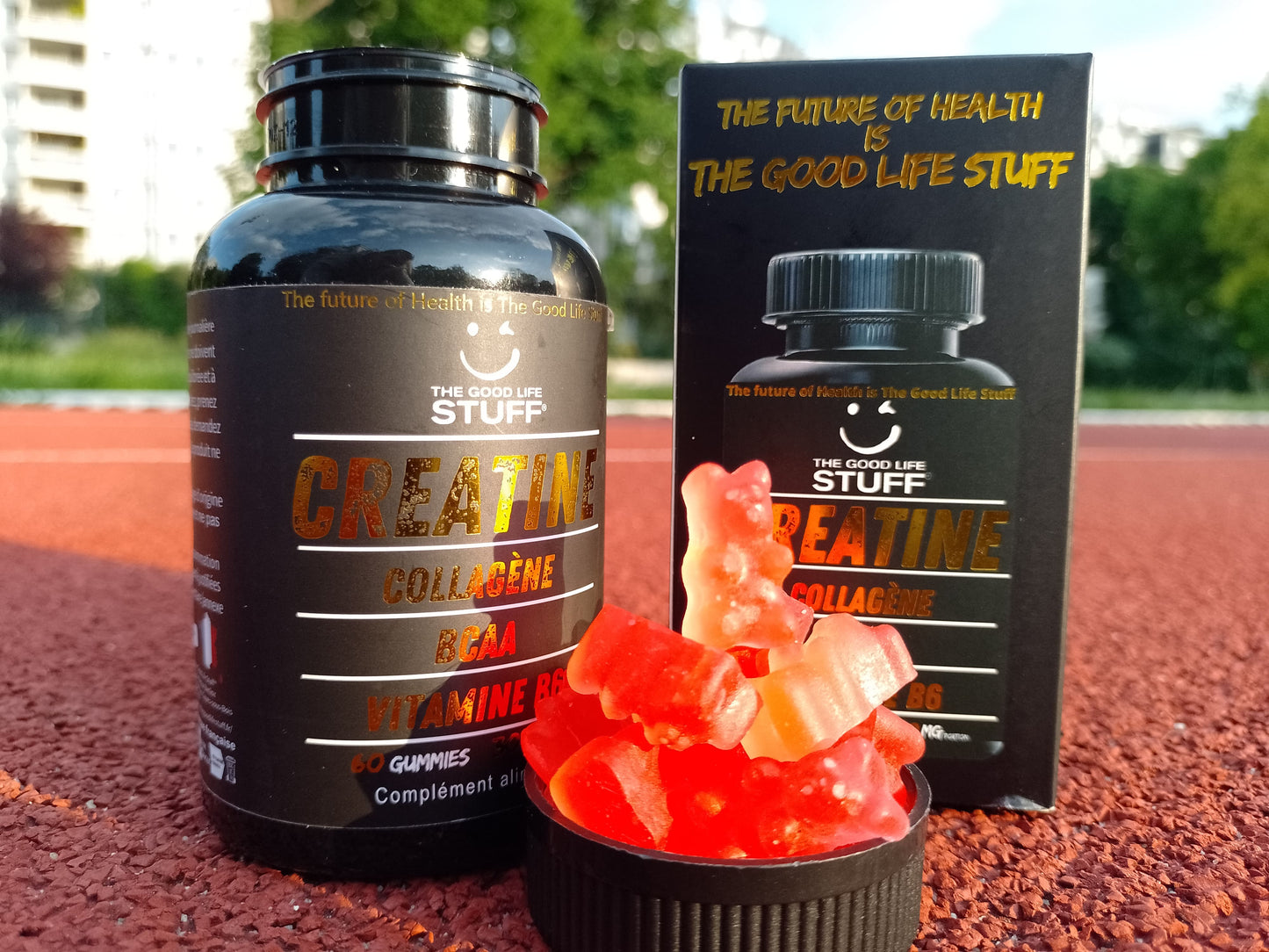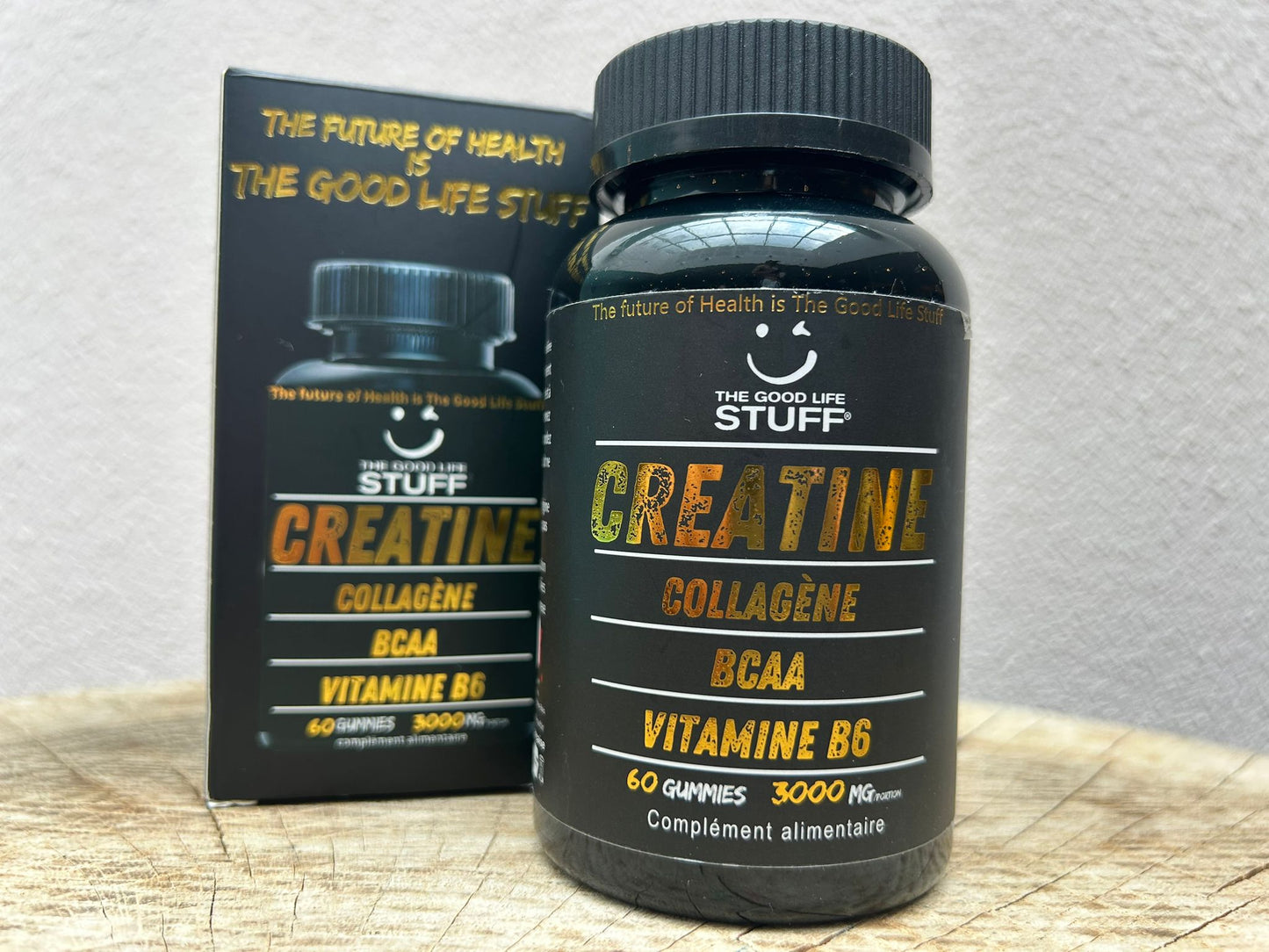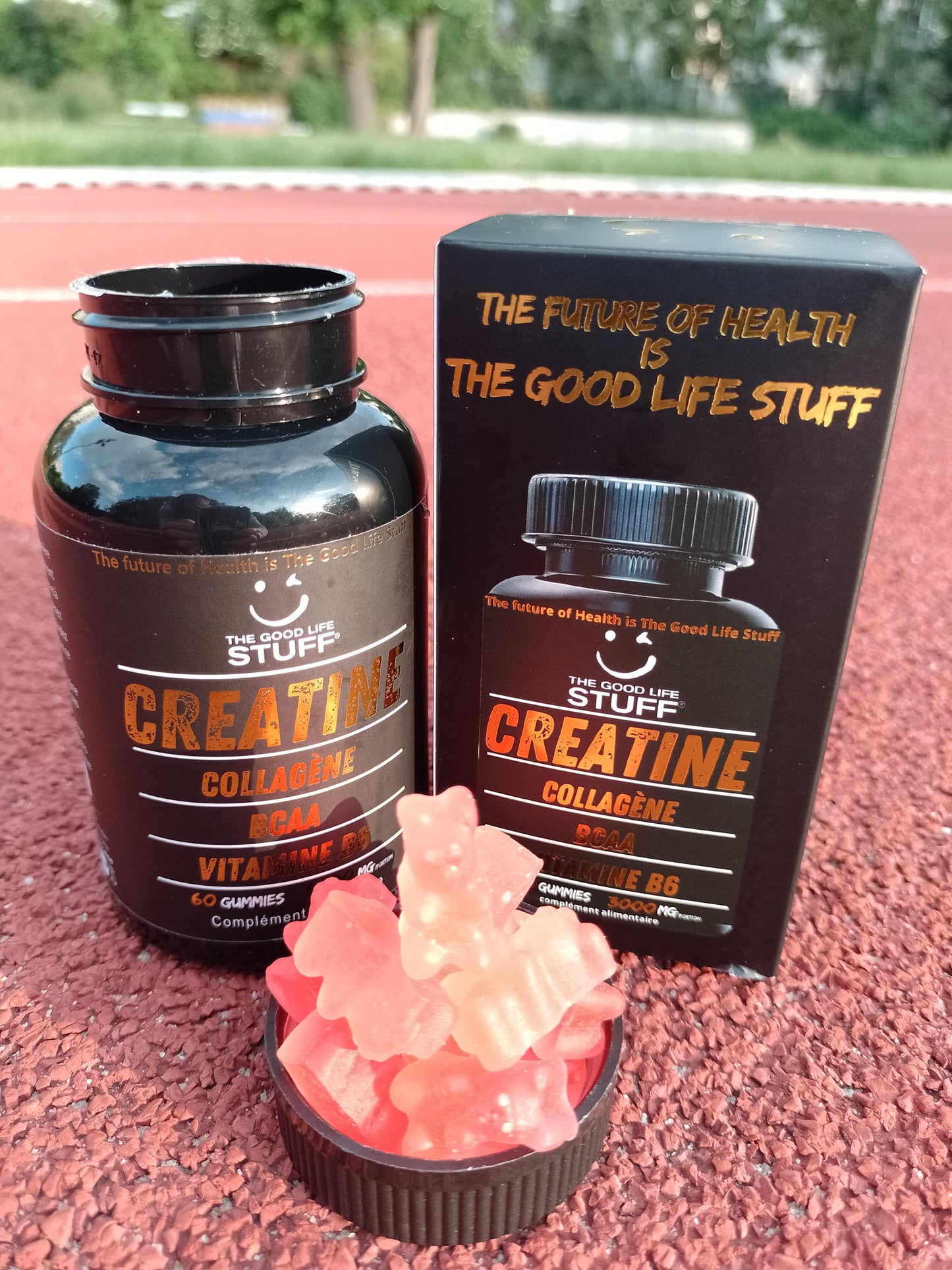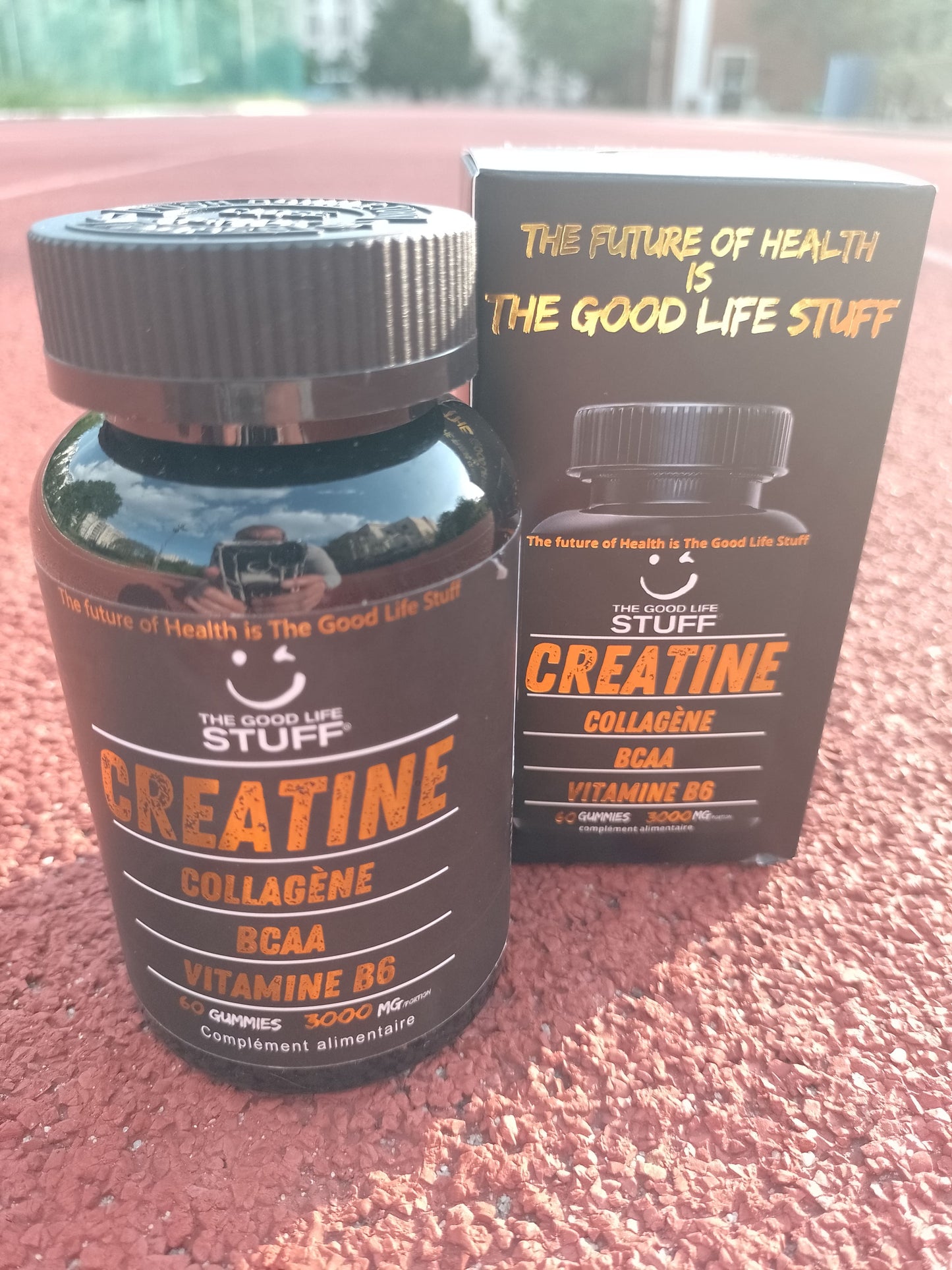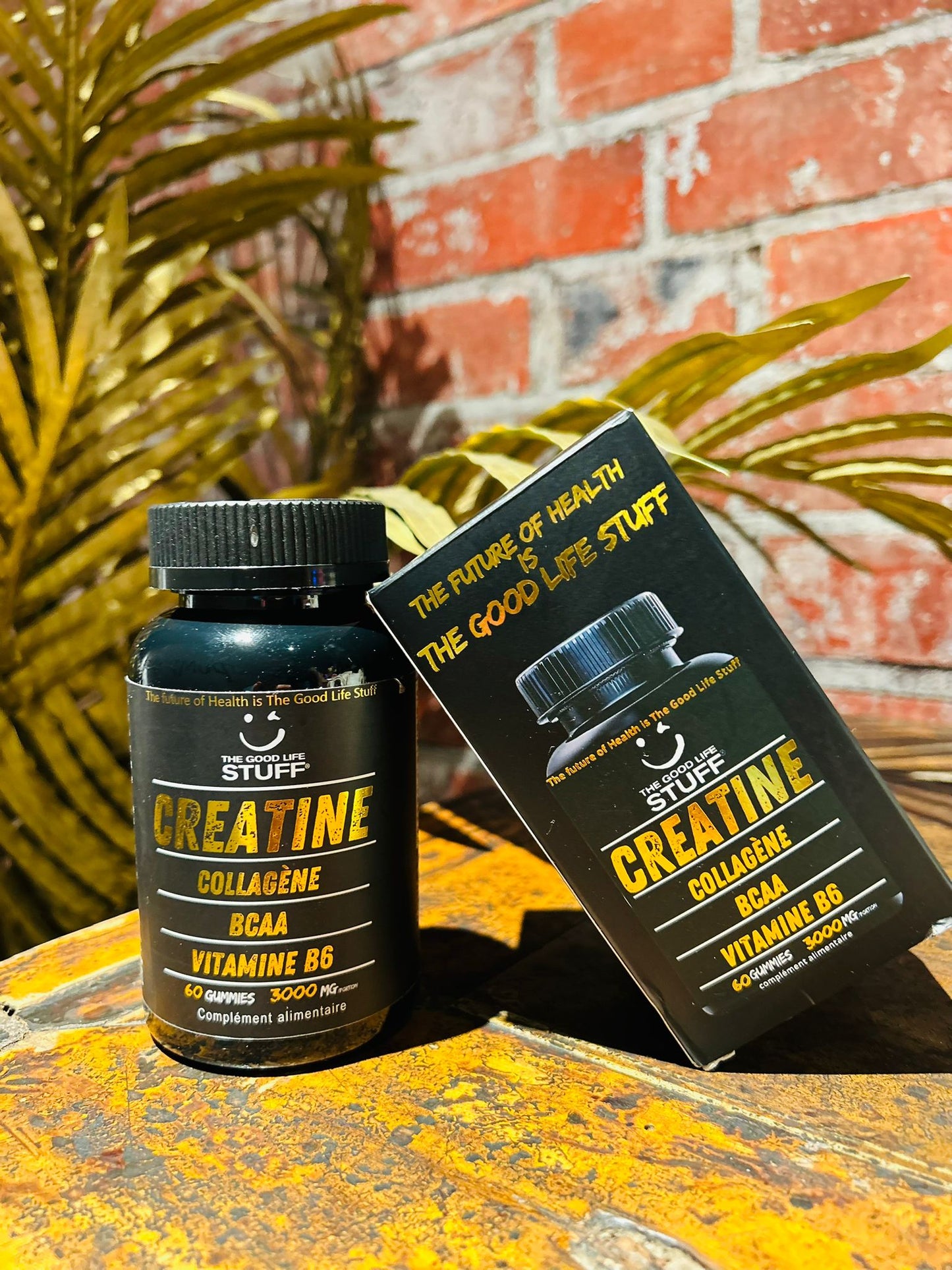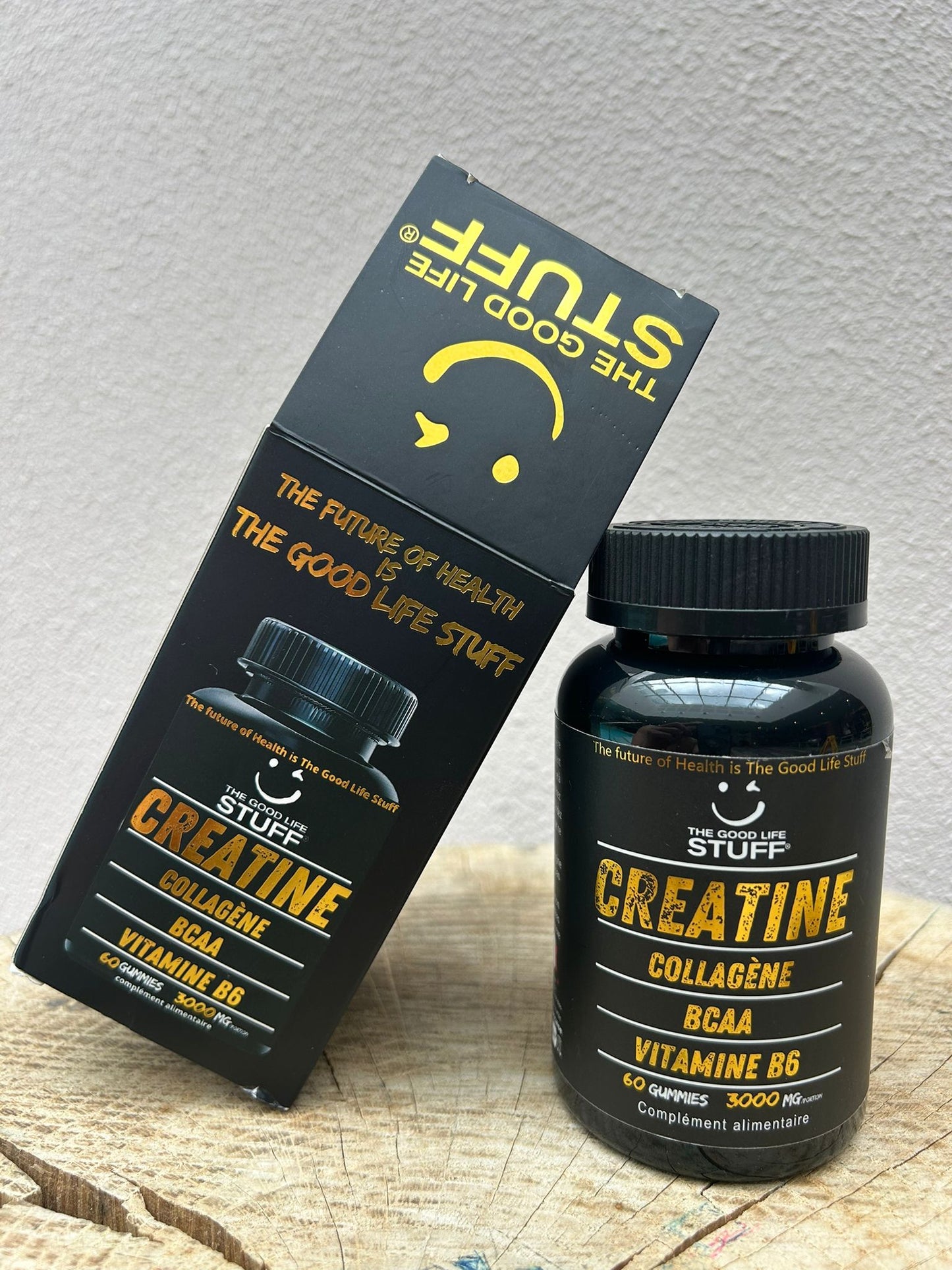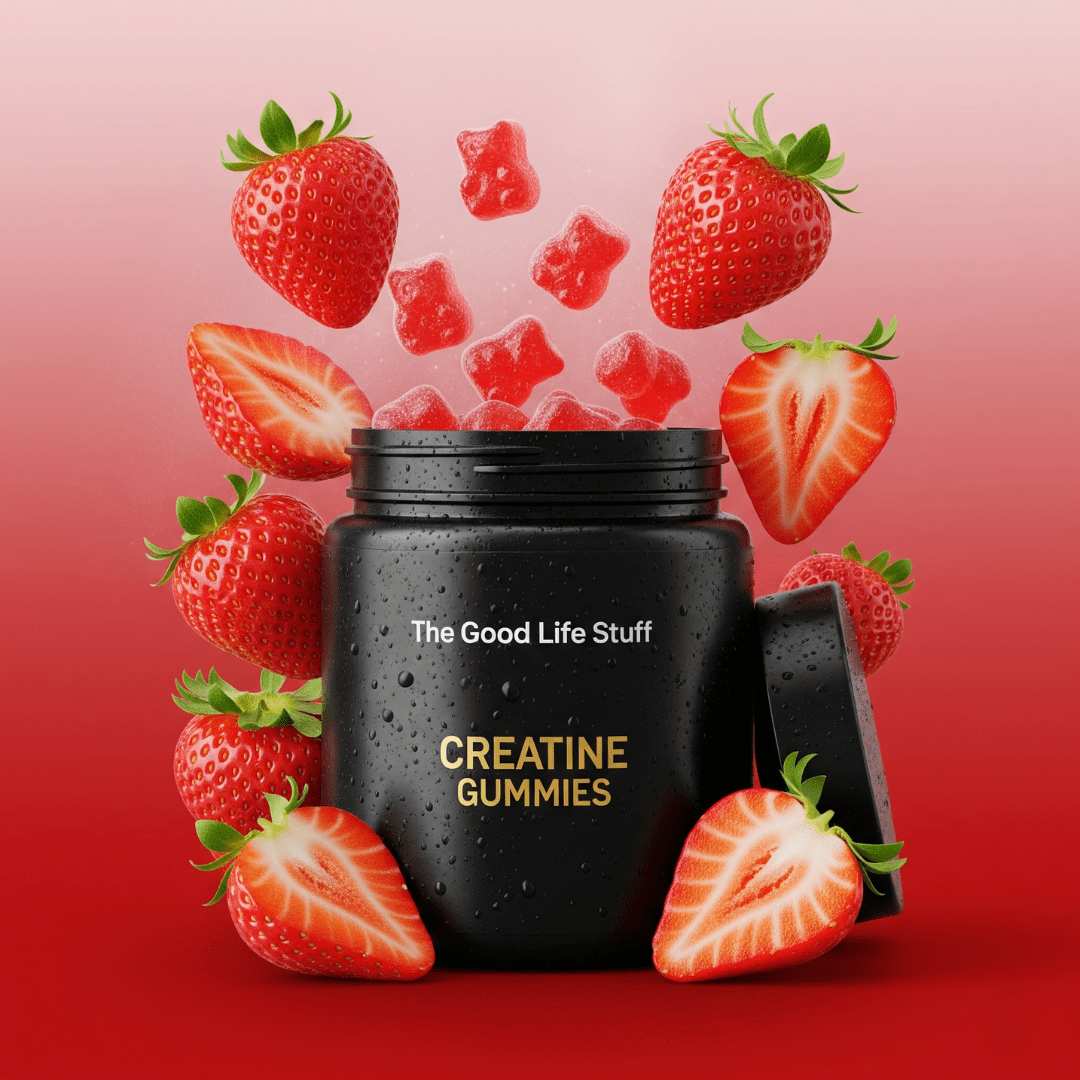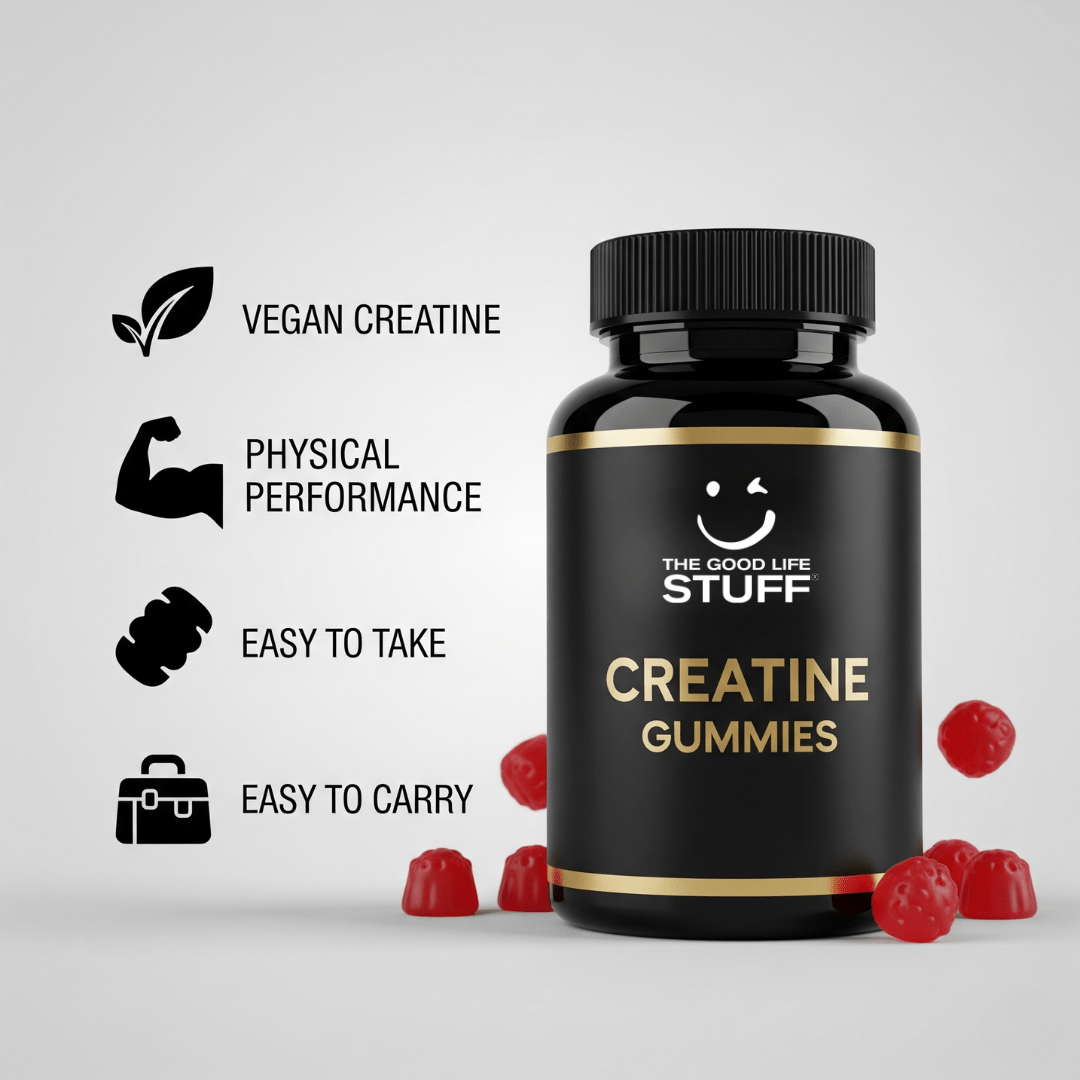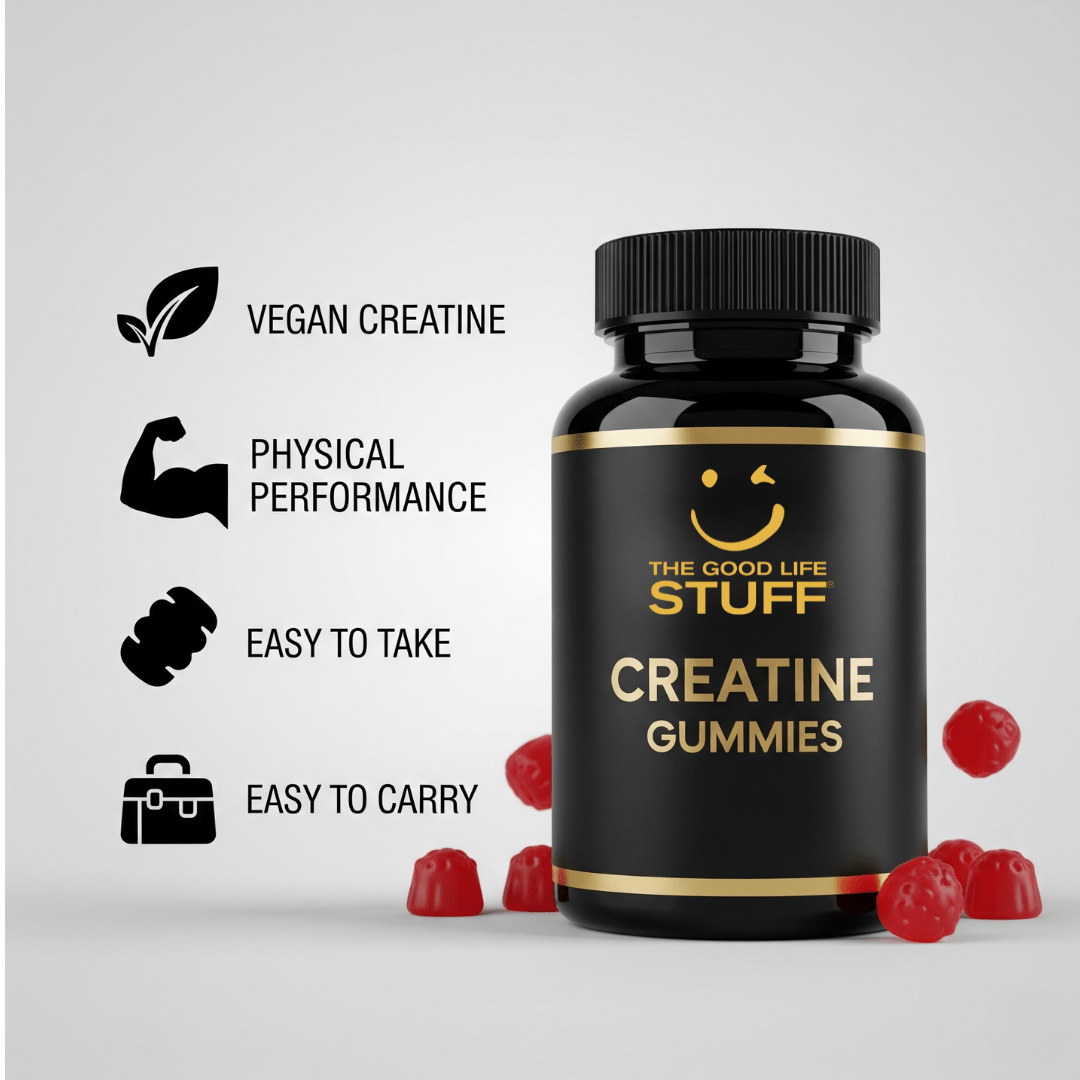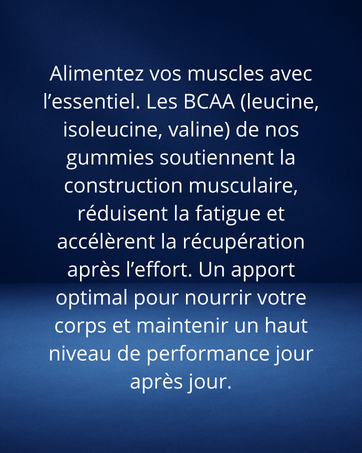The constant search for good health and quality of life has brought to the market many Dietary and Food Supplements products that help you achieve them. Eating properly is one of the foundations of wellness and food supplements and food supplements play an important role. The differences between dietary supplements and food supplements are sometimes not very obvious, and with this article we want to make them very clear to you.
What is supplementation?
Following a healthy and balanced diet is essential to stay healthy, so that the body can fulfill all its functions. It must contain macro and micronutrients in the required amounts according to age and weight, as well as trace elements in very small quantities.
However, in some circumstances an additional supply is necessary, which we can globally call supplementation. In these cases, you have two options: complements and supplements, one of whose characteristics is to facilitate the ingestion of substances in a dosed and simple way.
It is of fundamental importance to understand that these products can never replace a healthy diet. They should also not be the main source of food when following regimens for weight loss or muscle gain. They are simply a reinforcement taken to meet certain demands or to increase certain amounts of nutrients in a specific way.
What are Dietary and Food Supplements ?
It is a formula that provides you with one or more nutrients, or substances that produce a physiological effect, in a concentrated form. They may contain a single ingredient or be combined with others that enhance or complement their effects. They are offered in different presentations that help you to dose them, such as capsules, tablets, drops, ampoules or powders to be reconstituted with liquid.
Supplements are not usually consumed by medical prescription and, as their name indicates, they complement or increase the intake of what is already provided by the natural diet. They contain plant extracts, essential fatty acids, vitamins, minerals, proteins, fiber or amino acids.
They are frequently used by people who have an increased demand, such as sportsmen and athletes who wish to improve their performance. In other cases, they are used for different purposes, as you will see below:
- Soy extracts to combat menopausal symptoms.
- Fiber, prebiotics or probiotics to improve intestinal microflora function.
- Polyvitamins, which increase physical and mental vitality.
- Combinations of calcium, phosphorus, collagen and vitamin D for the maintenance of the musculoskeletal system.
- Supplements that relieve joint pain.
- Substances that counteract aging due to their antioxidant effect.
- Herbal mixtures to control appetite and lose weight.
What is a food supplement?
The case of dietary supplements is different, because they are usually taken on the recommendation of a physician, although they are not drugs. They contain a smaller variety of substances, with which a very specific physiological effect is sought.
Its purpose is to compensate for the nutritional needs generated by certain metabolic states, in which increasing nutrient intake is a necessity. They have in common with food supplements that they are offered for sale in different presentations, thanks to which they can be dosed.
Pregnancy
Folic acid is necessary to prevent malformations of the fetal nervous system, which are frequent when the mother does not consume enough folic acid. Omega-3 fatty acids have been shown to ensure good brain development and increase cognitive abilities. Calcium and iron are minerals that the fetus needs to grow, and the latter prevents iron deficiency anemia in the mother.
Mayores
In many cases, older people experience a loss of appetite or have very monotonous diets. On the other hand, the capacity to absorb nutrients is impaired, due in part to polymedication and the concurrence of chronic diseases.
Together, these factors decrease the quality and quantity of food intake, which accelerates physical and mental deterioration. Therefore, supplementation is necessary to compensate for nutritional deficiencies.
Vegetarians and vegans
People who have chosen these di ets can obtain almost all nutrients from plant-based foods. However, vitamin B12 is the exception, since its only source is of animal origin. Iron and calcium are minerals that tend to be scarce in this type of diet. Therefore, it is necessary to supply these nutrients in the form of supplements.
Bariatric patients
People who have undergone gastric surgery to treat obesity have problems in the absorption of some nutrients. In these cases, supplementation with vitamins A, K and B complex, as well as calcium, zinc, iron and copper is recommended.
These are the differences between dietary supplements and food supplements. Phytone Medical Foods offers Olimina3, a food supplement that has components to provide pain relief from joint inflammation. Check our website because you will find a lot of interesting information about food supplements.

